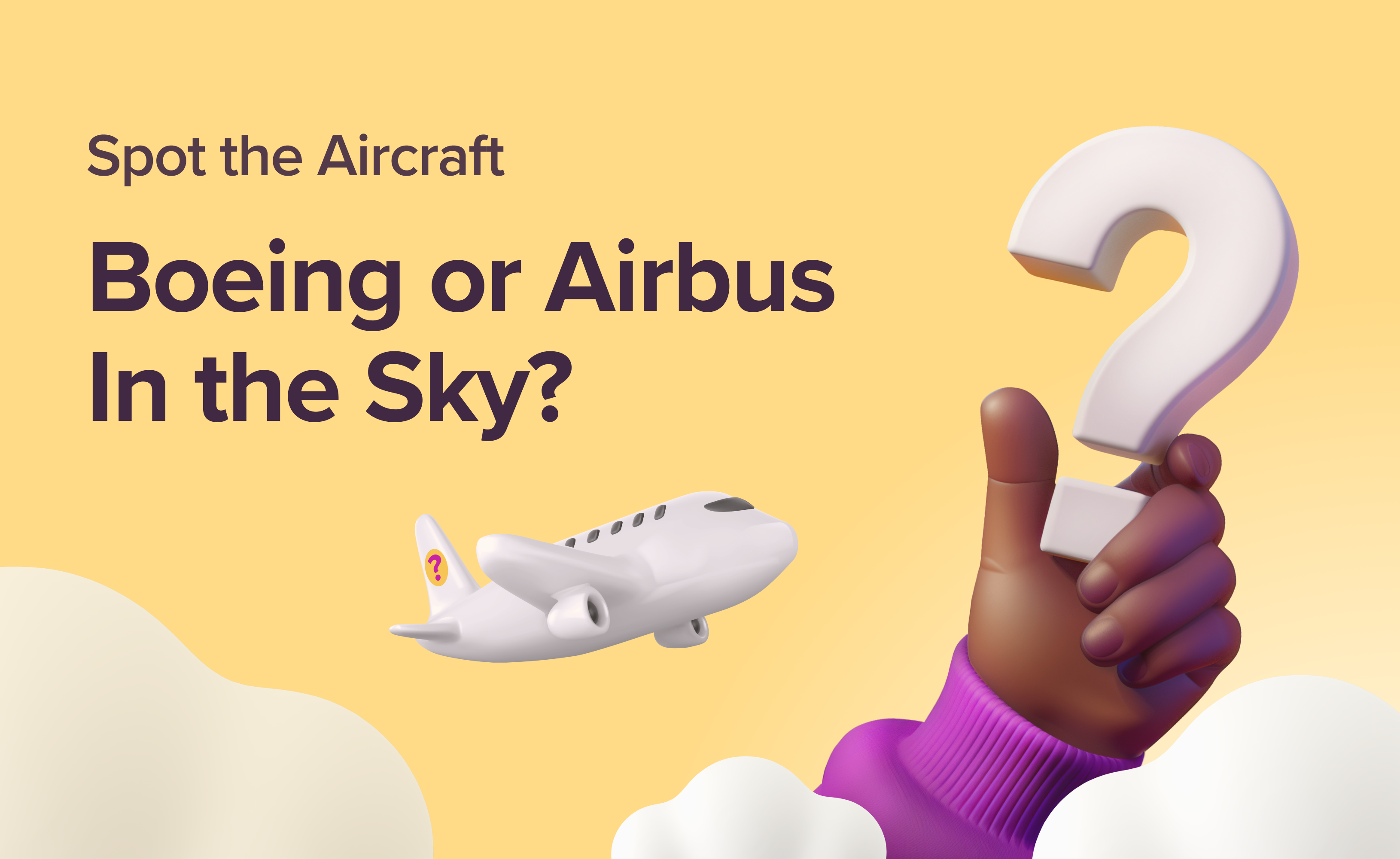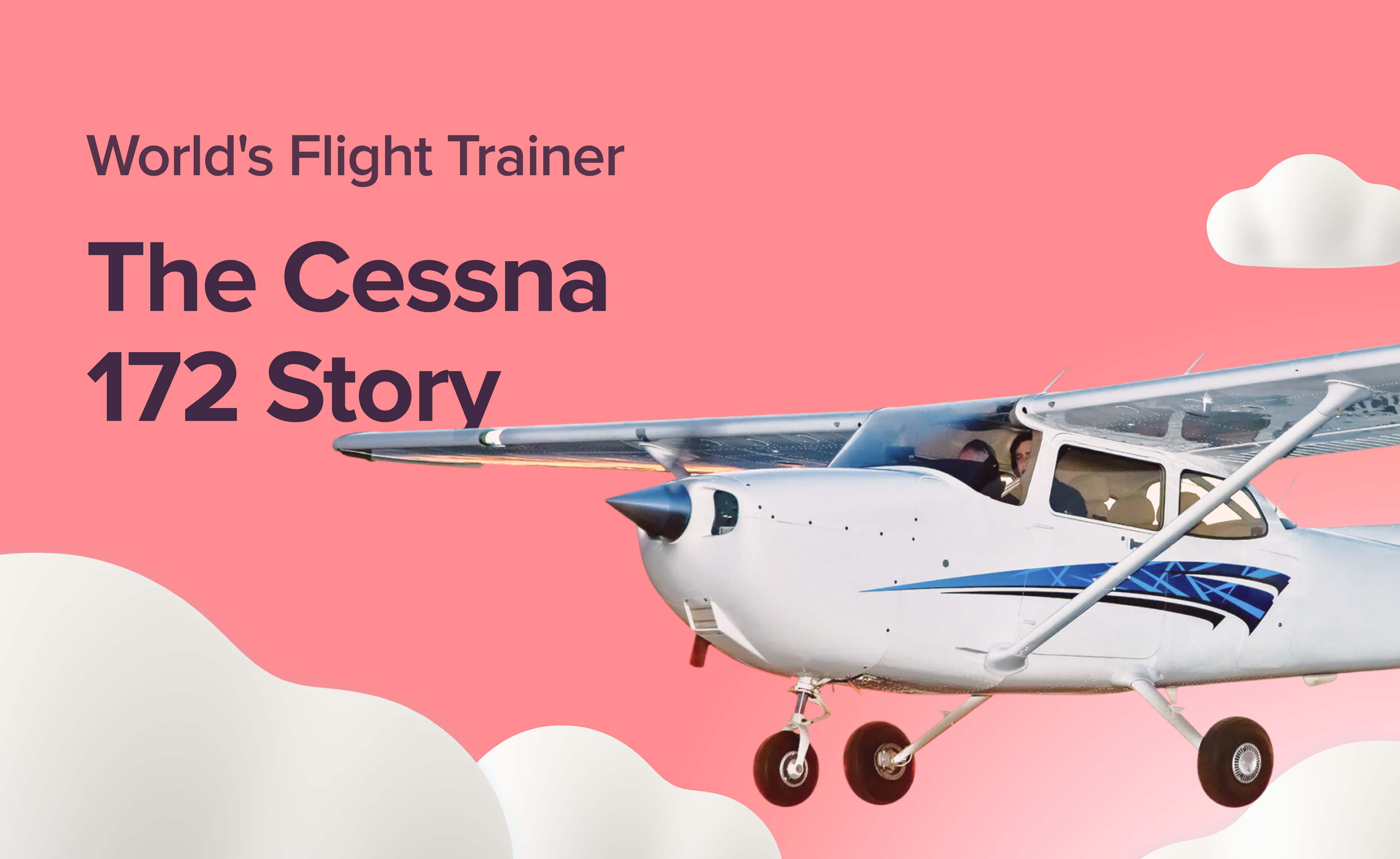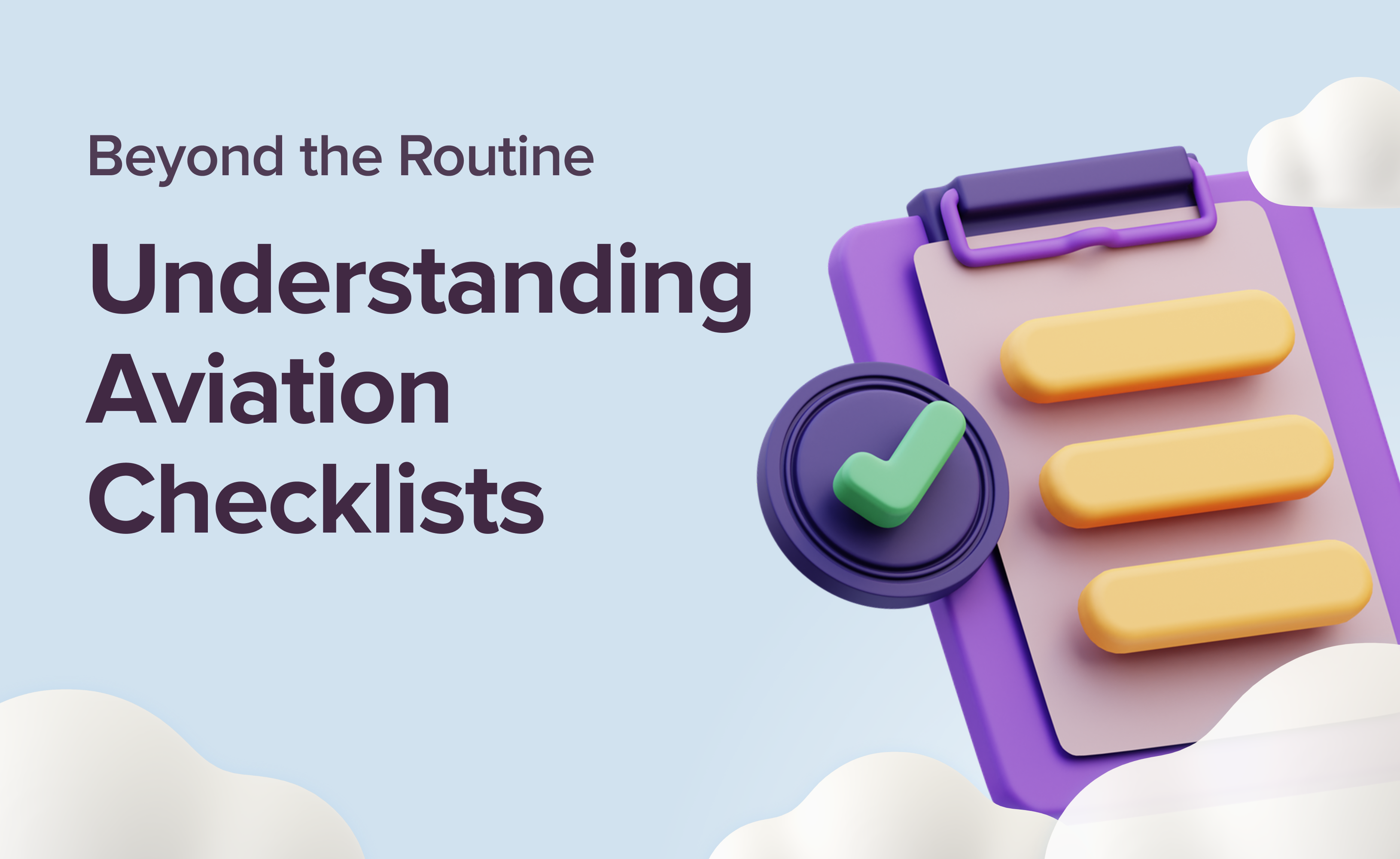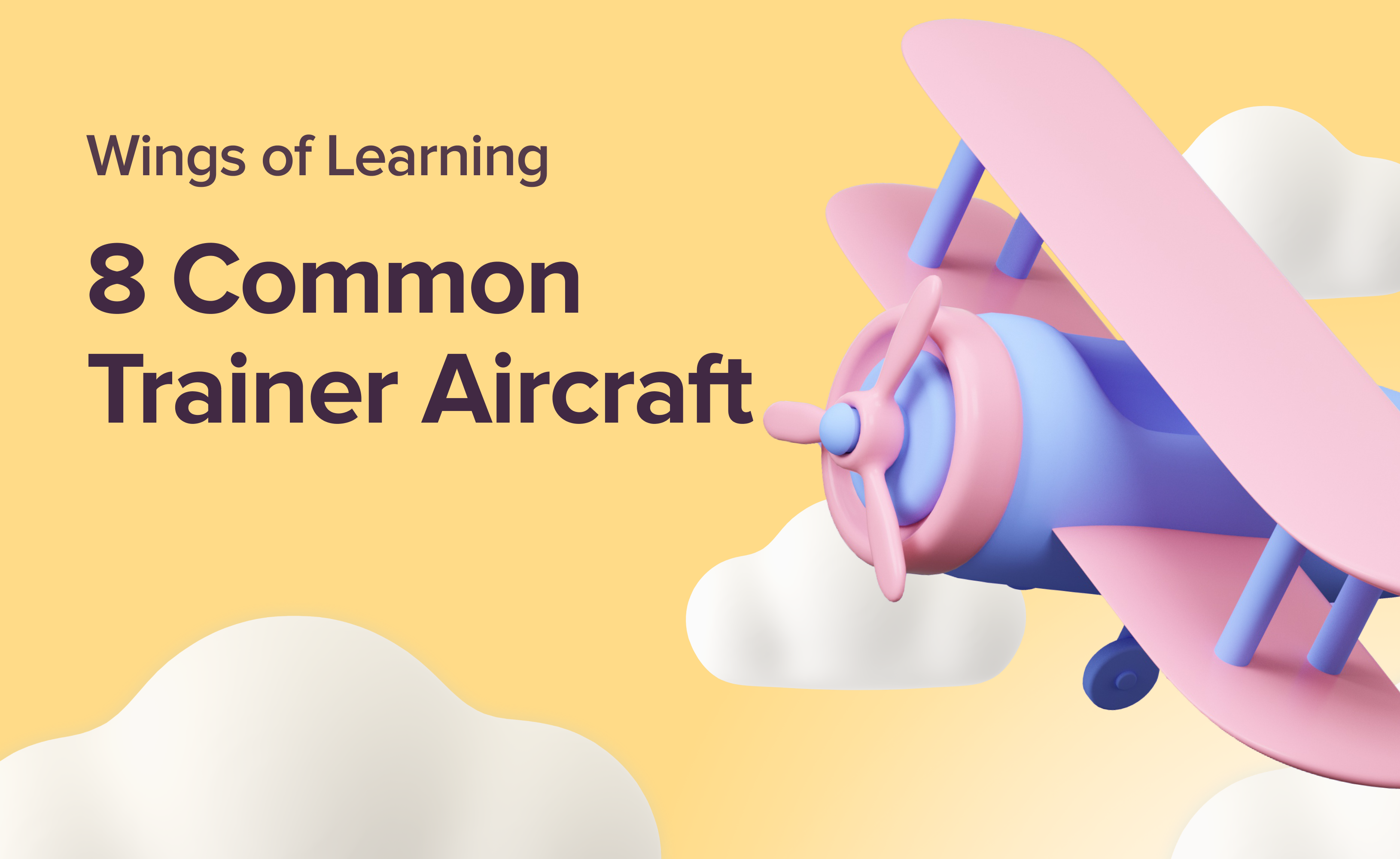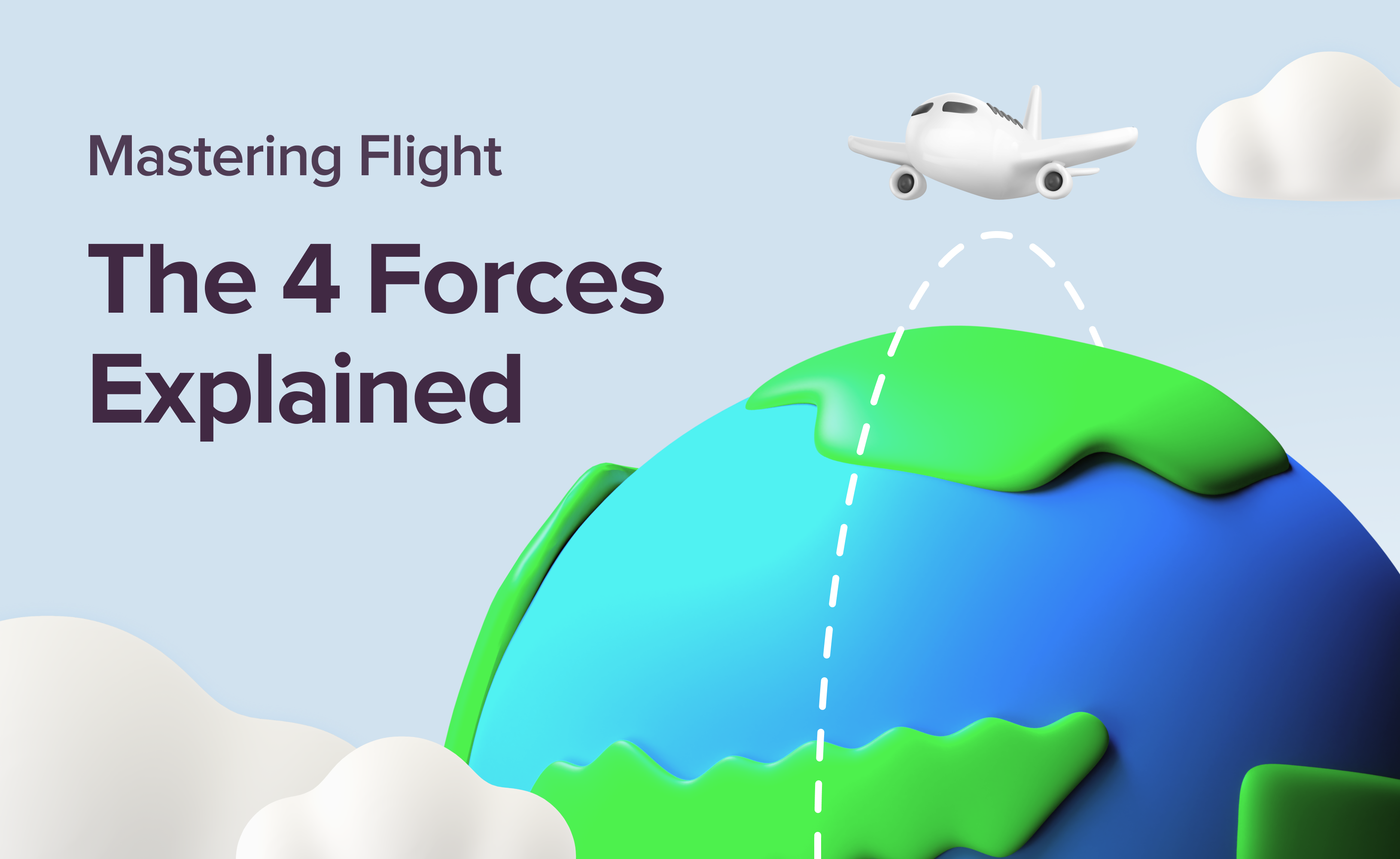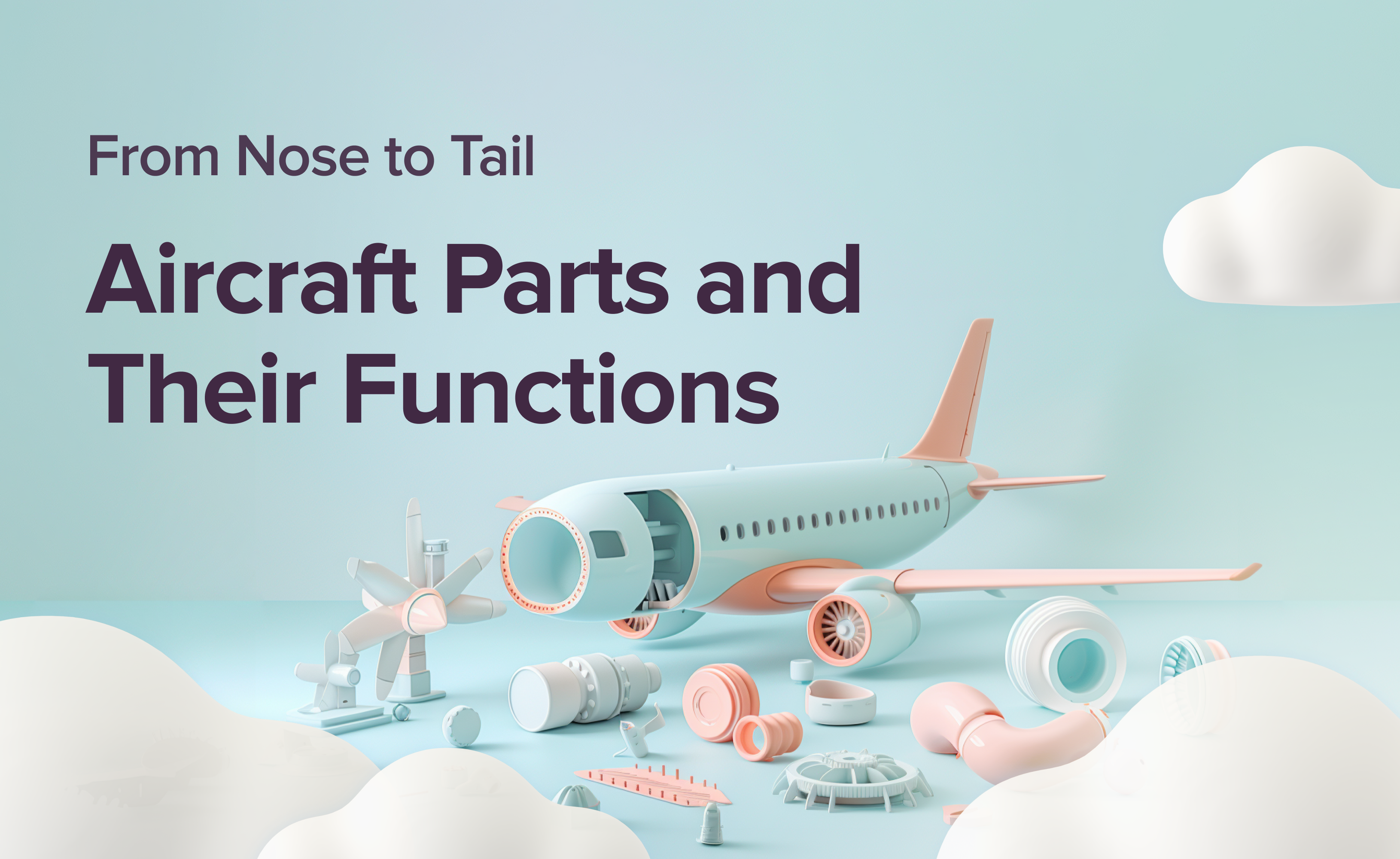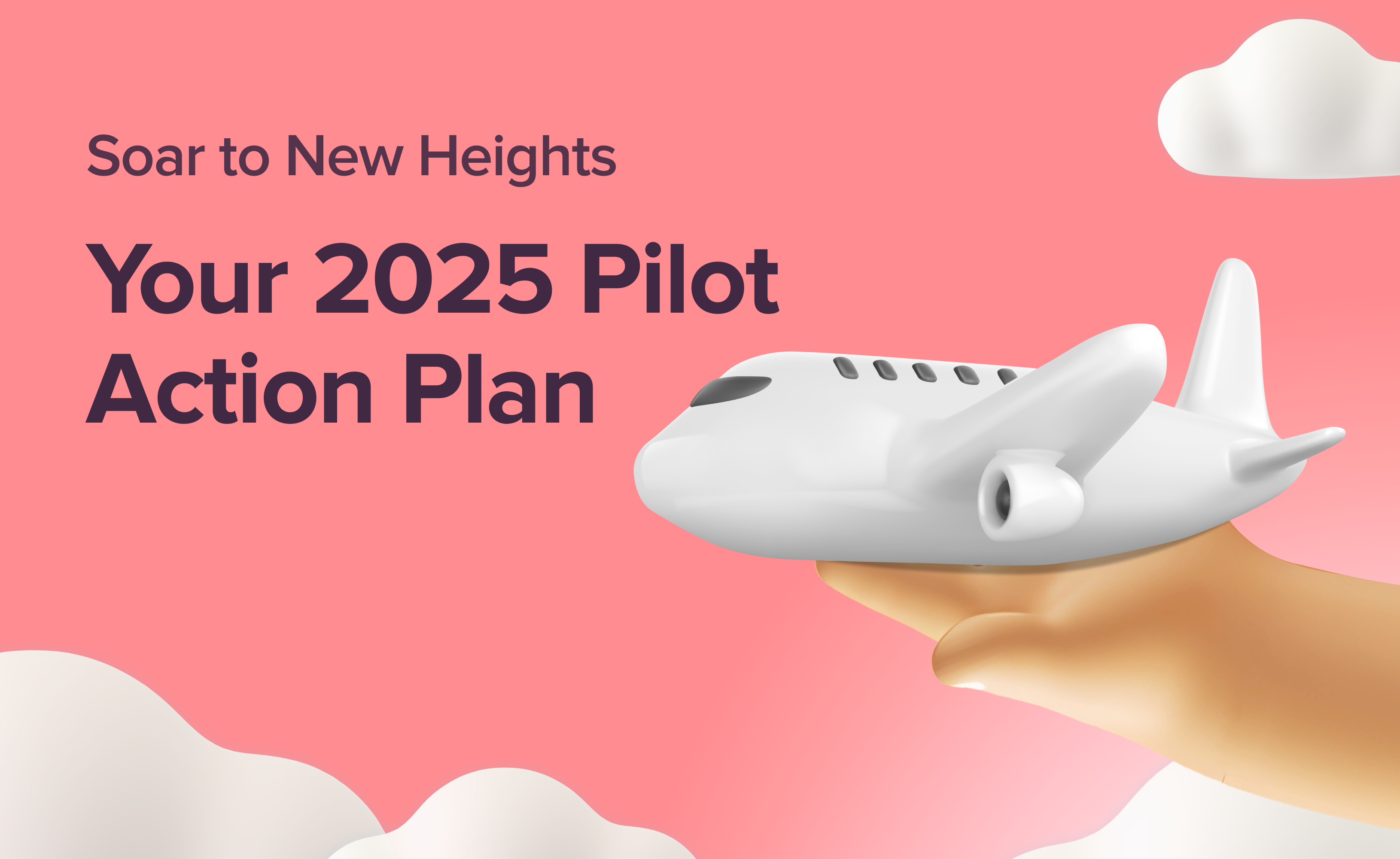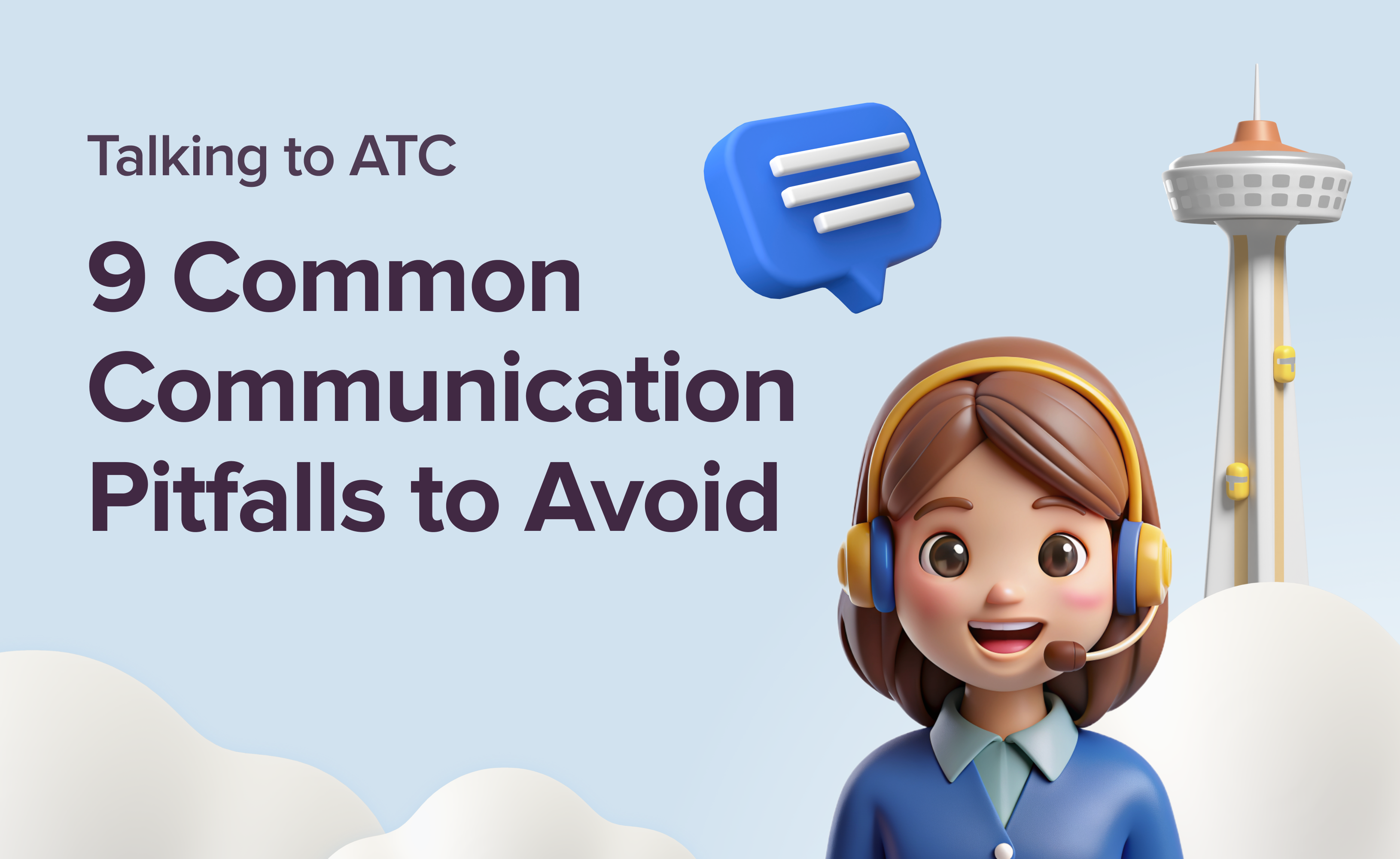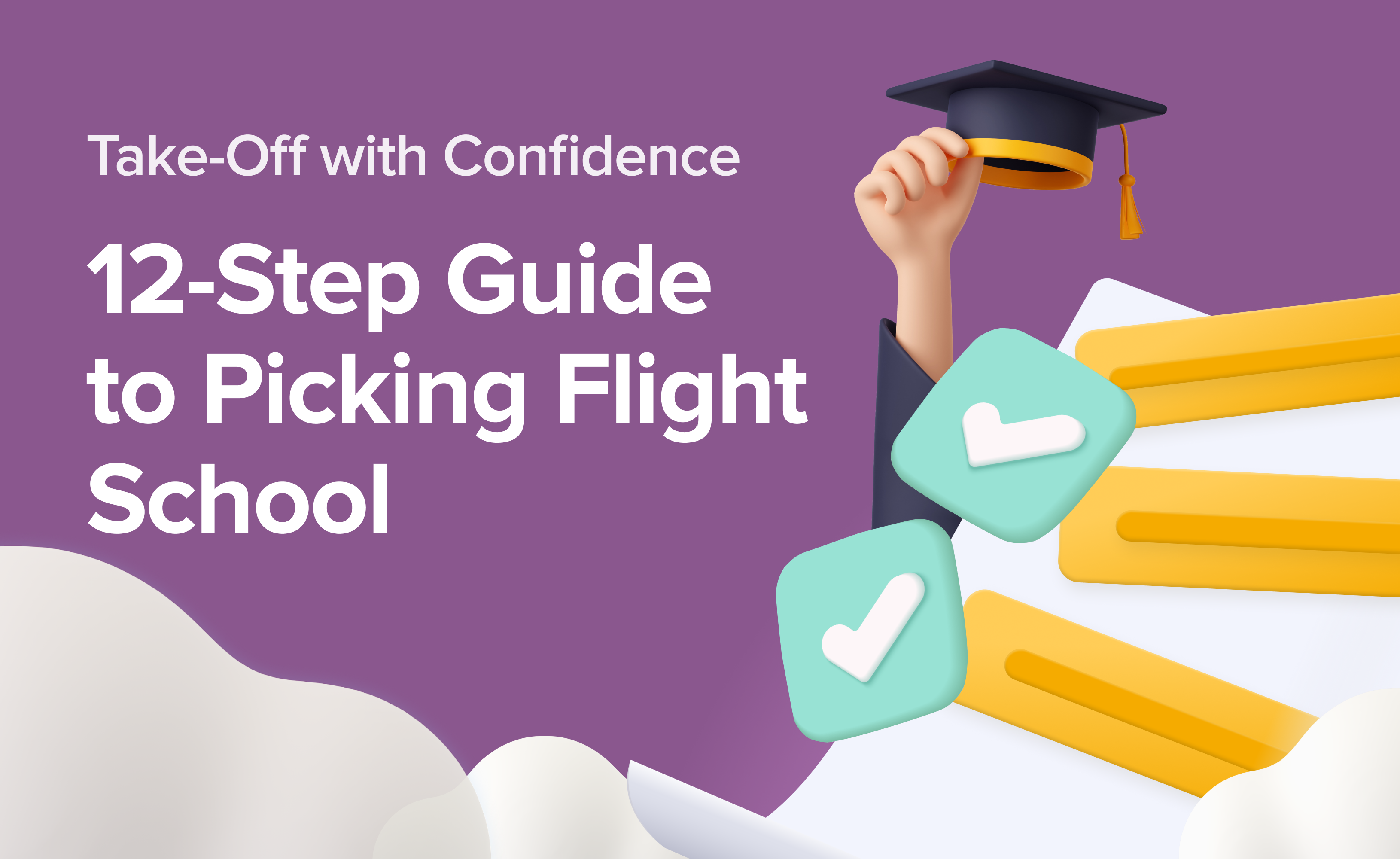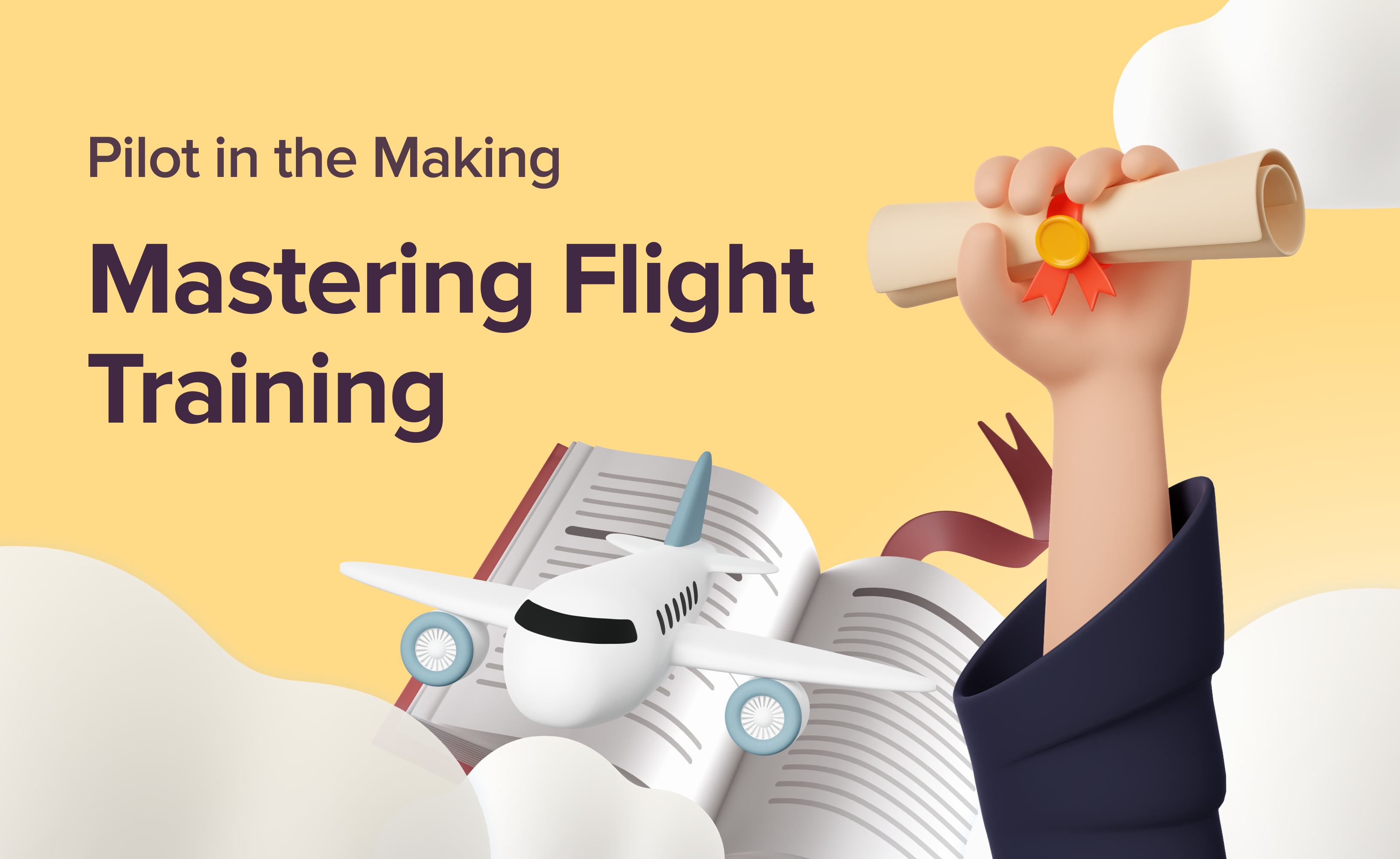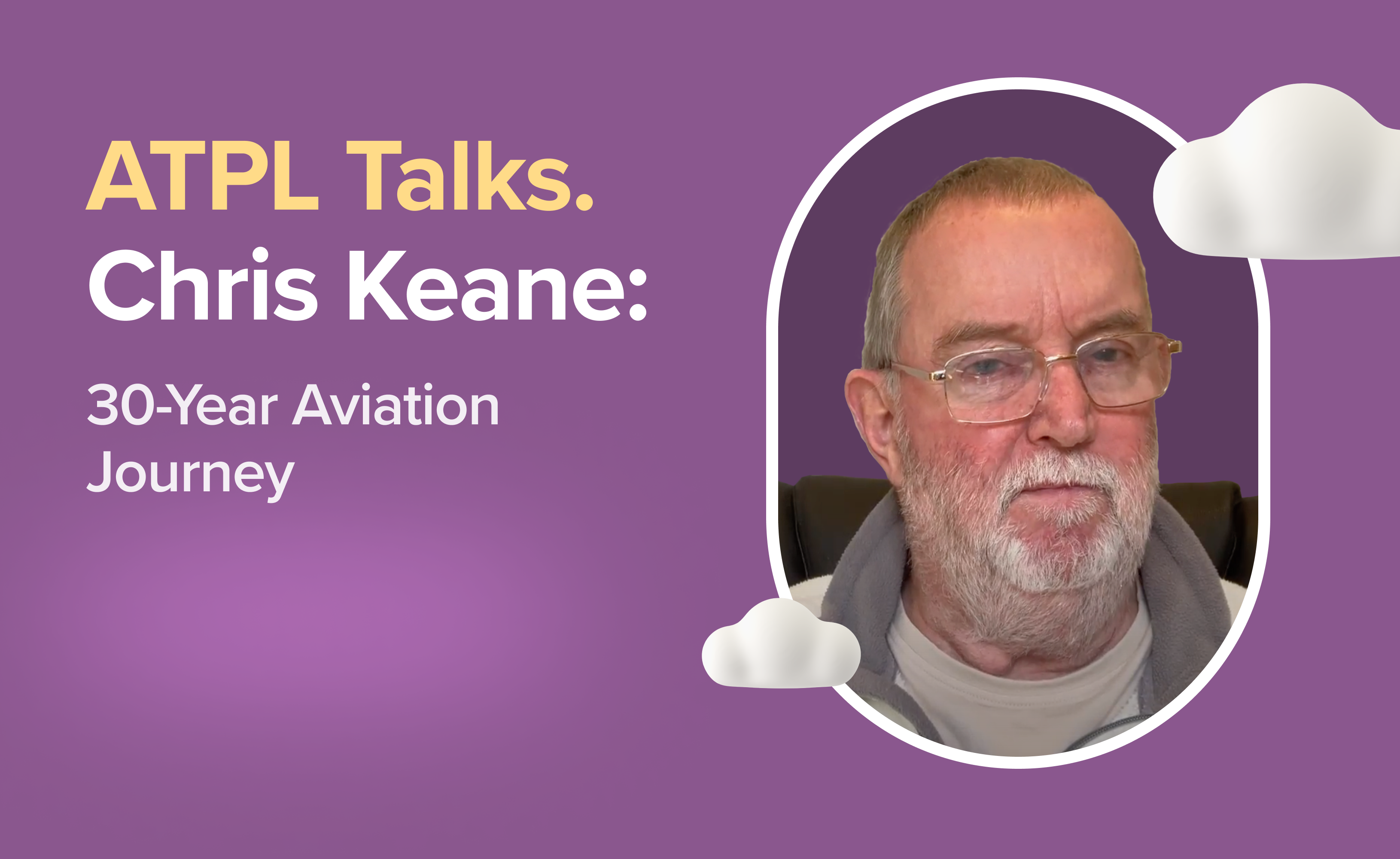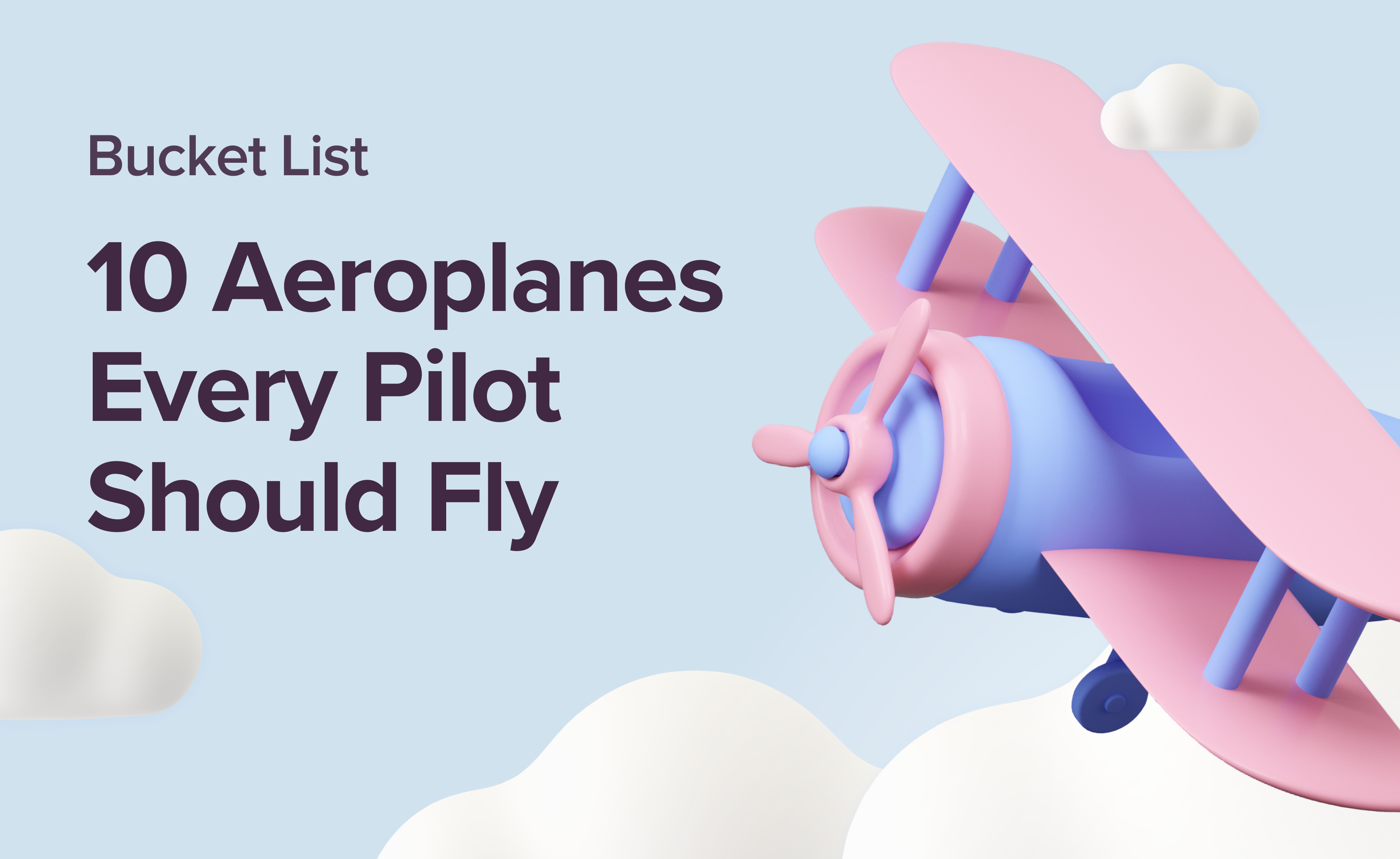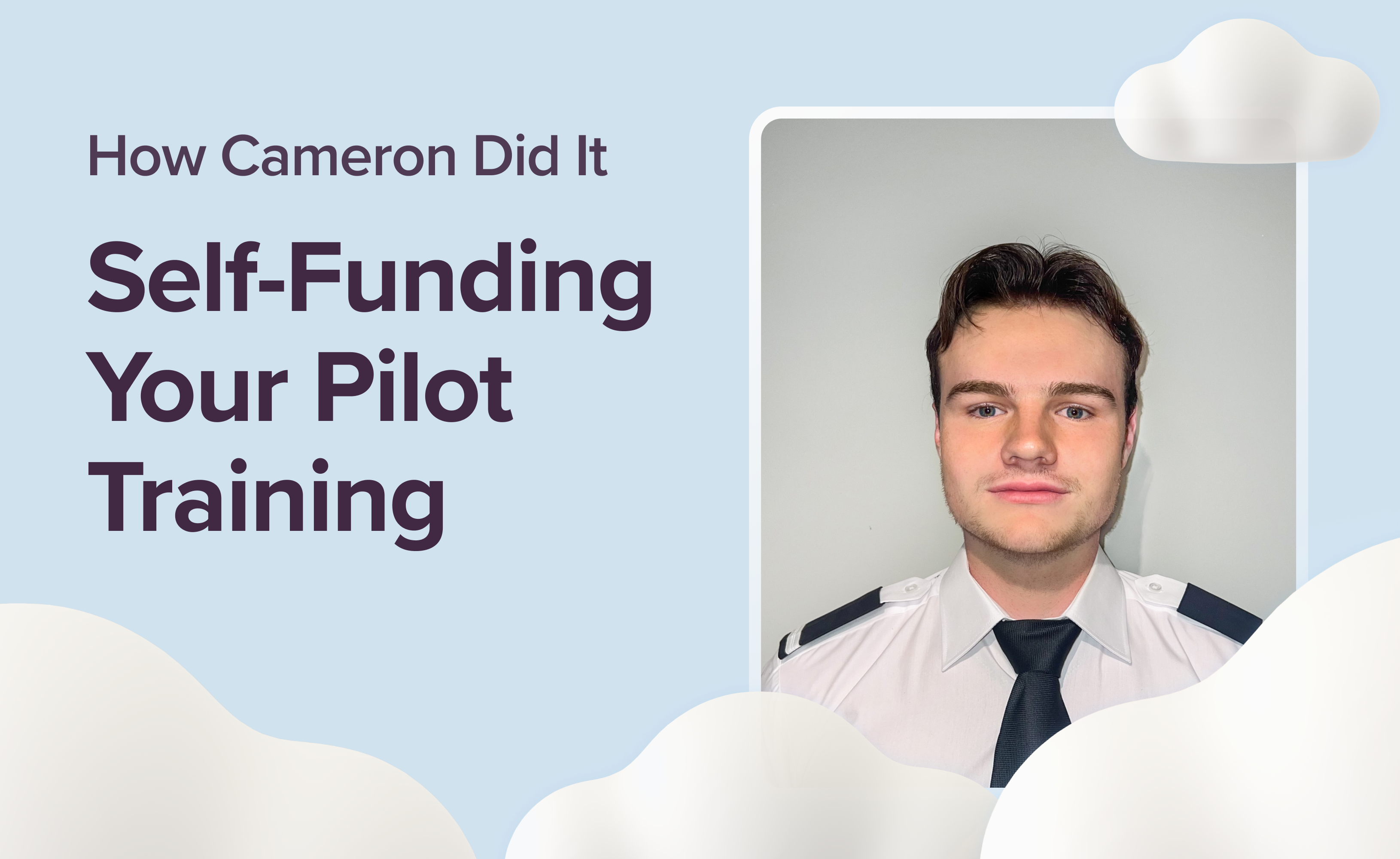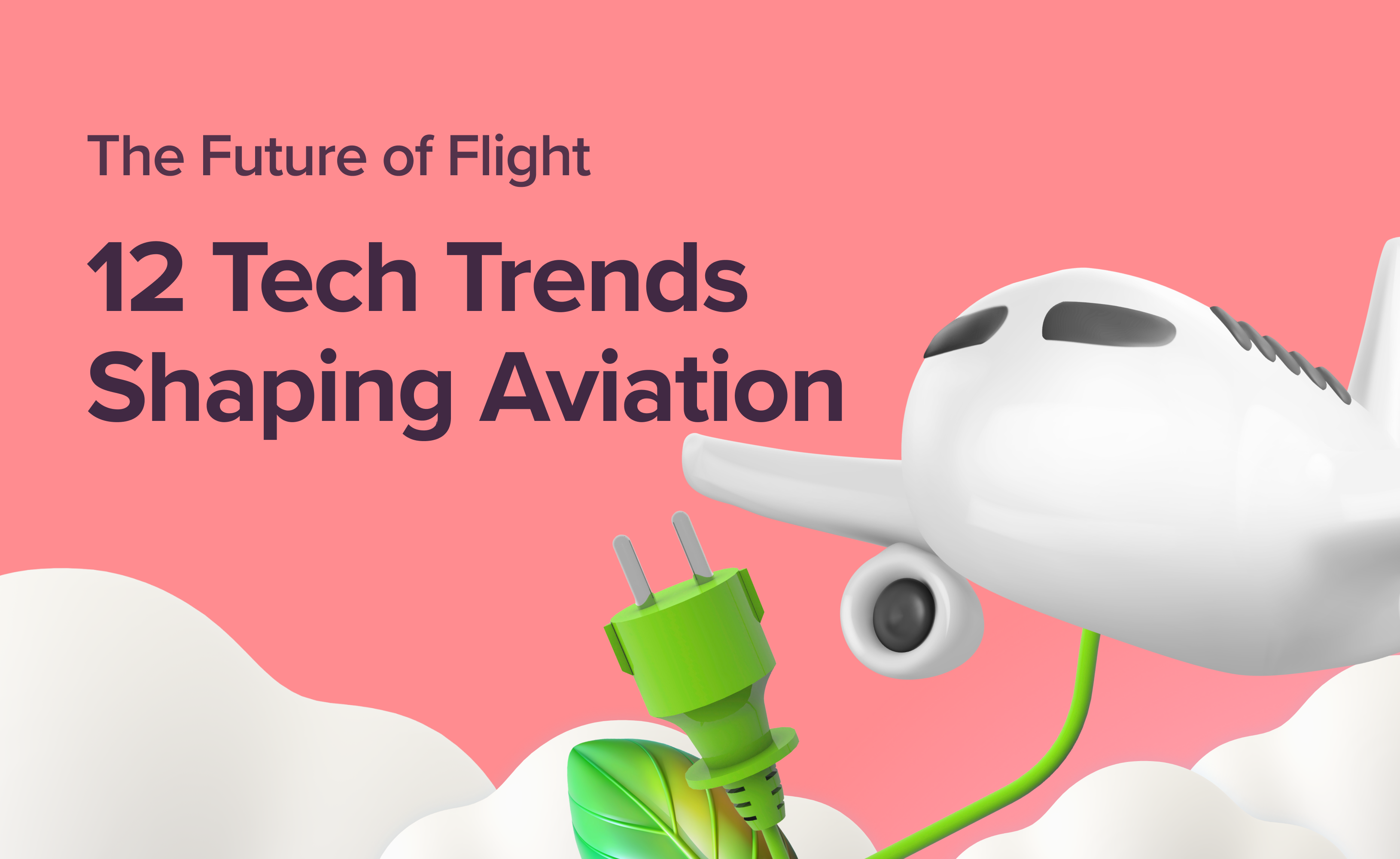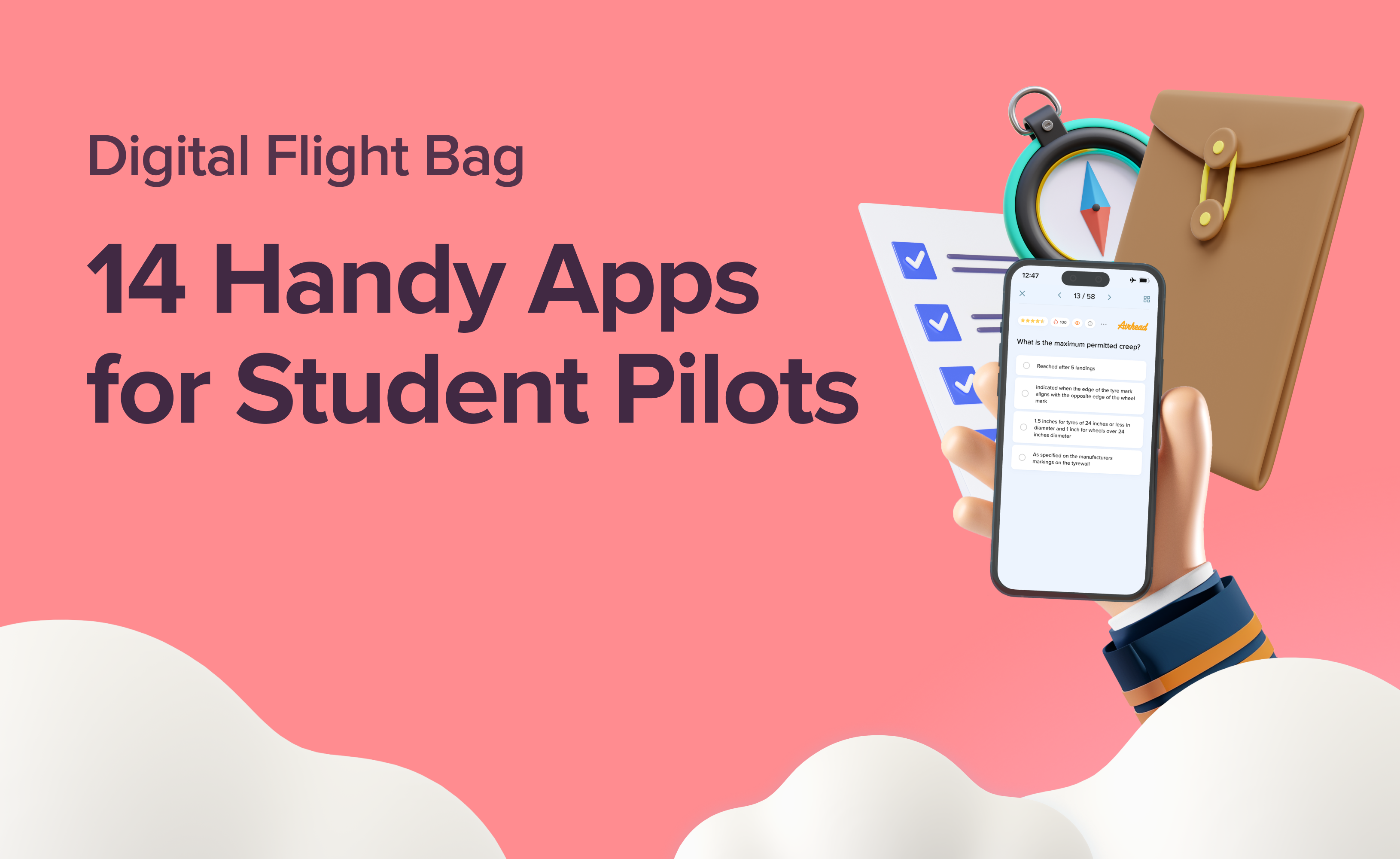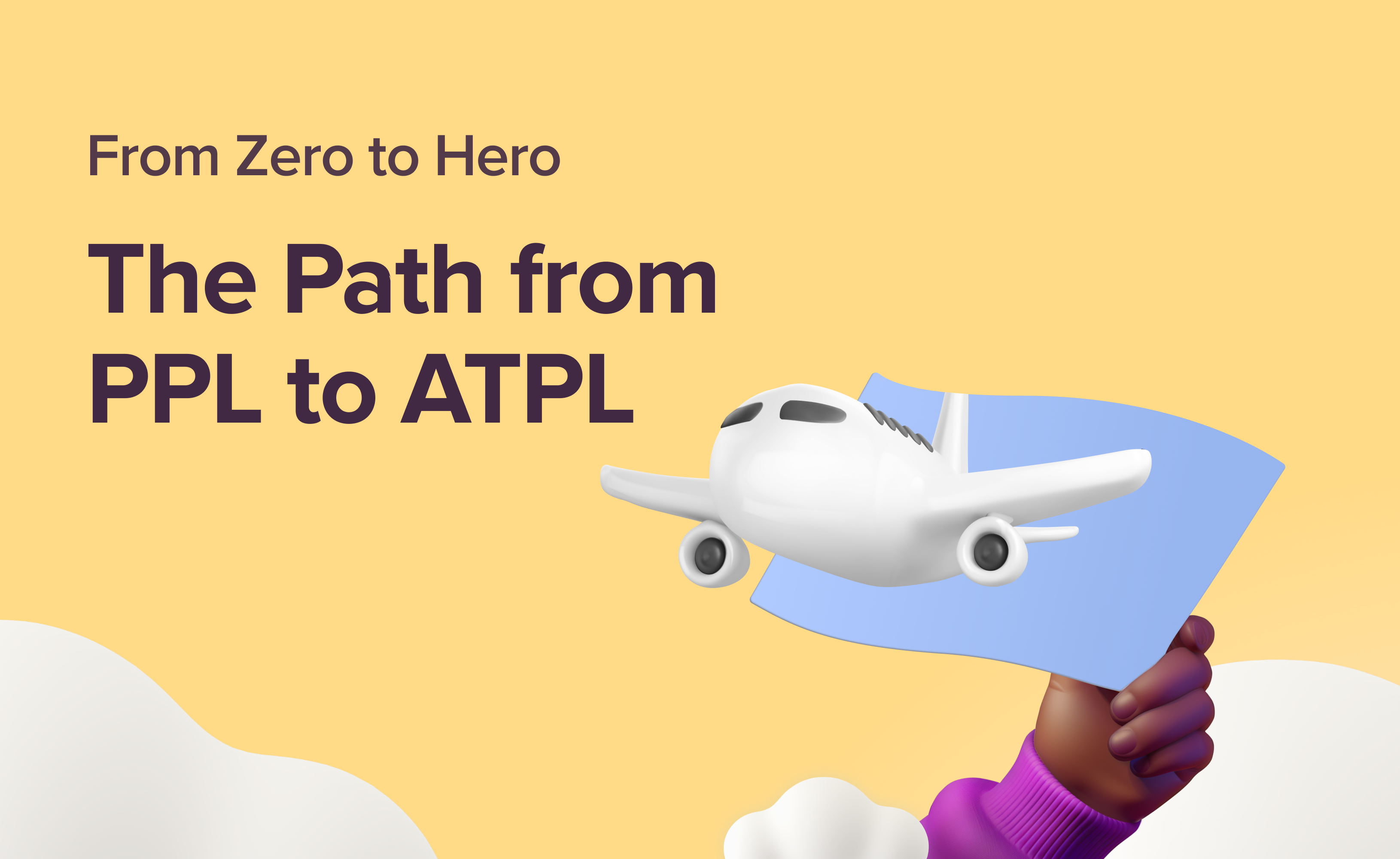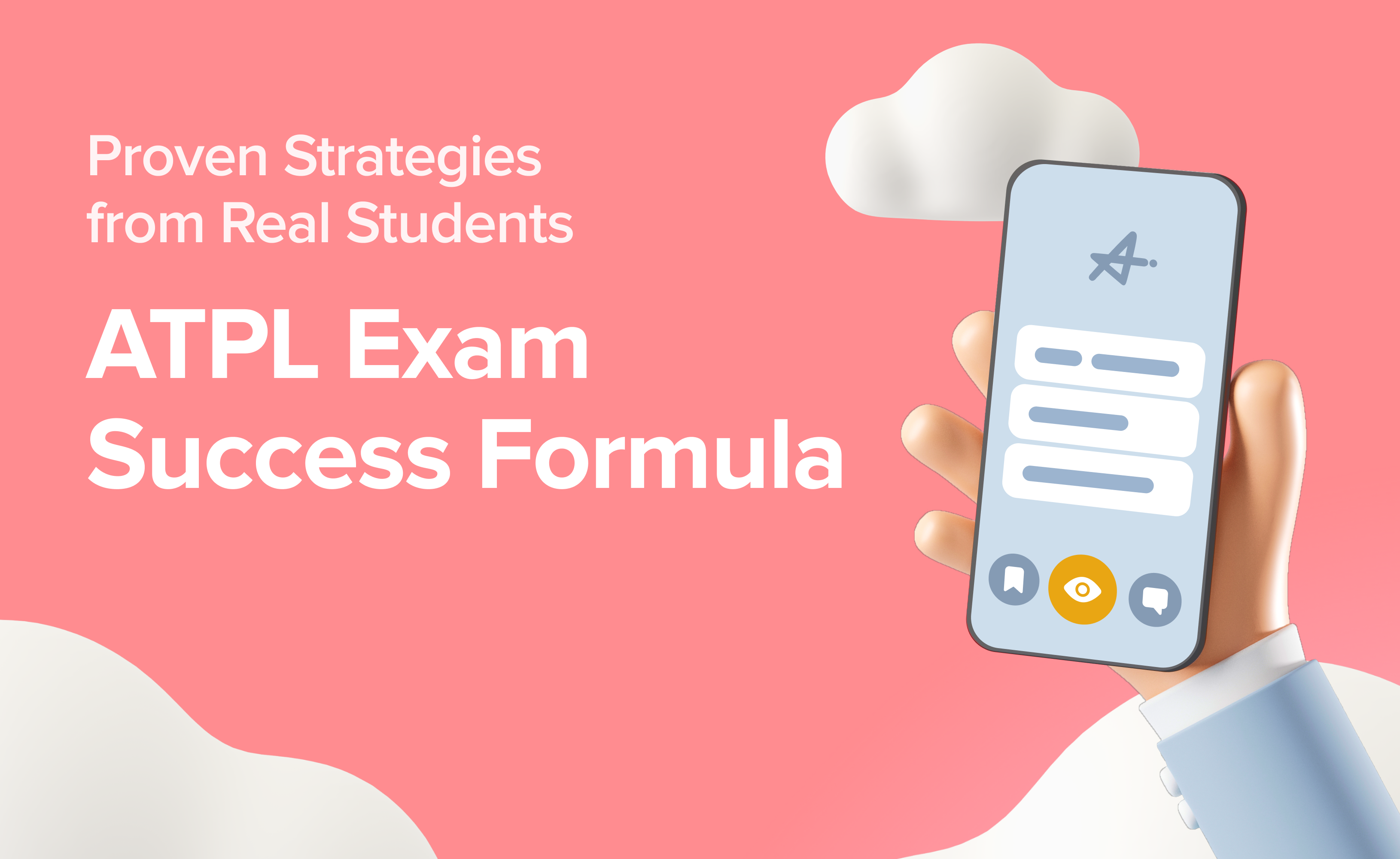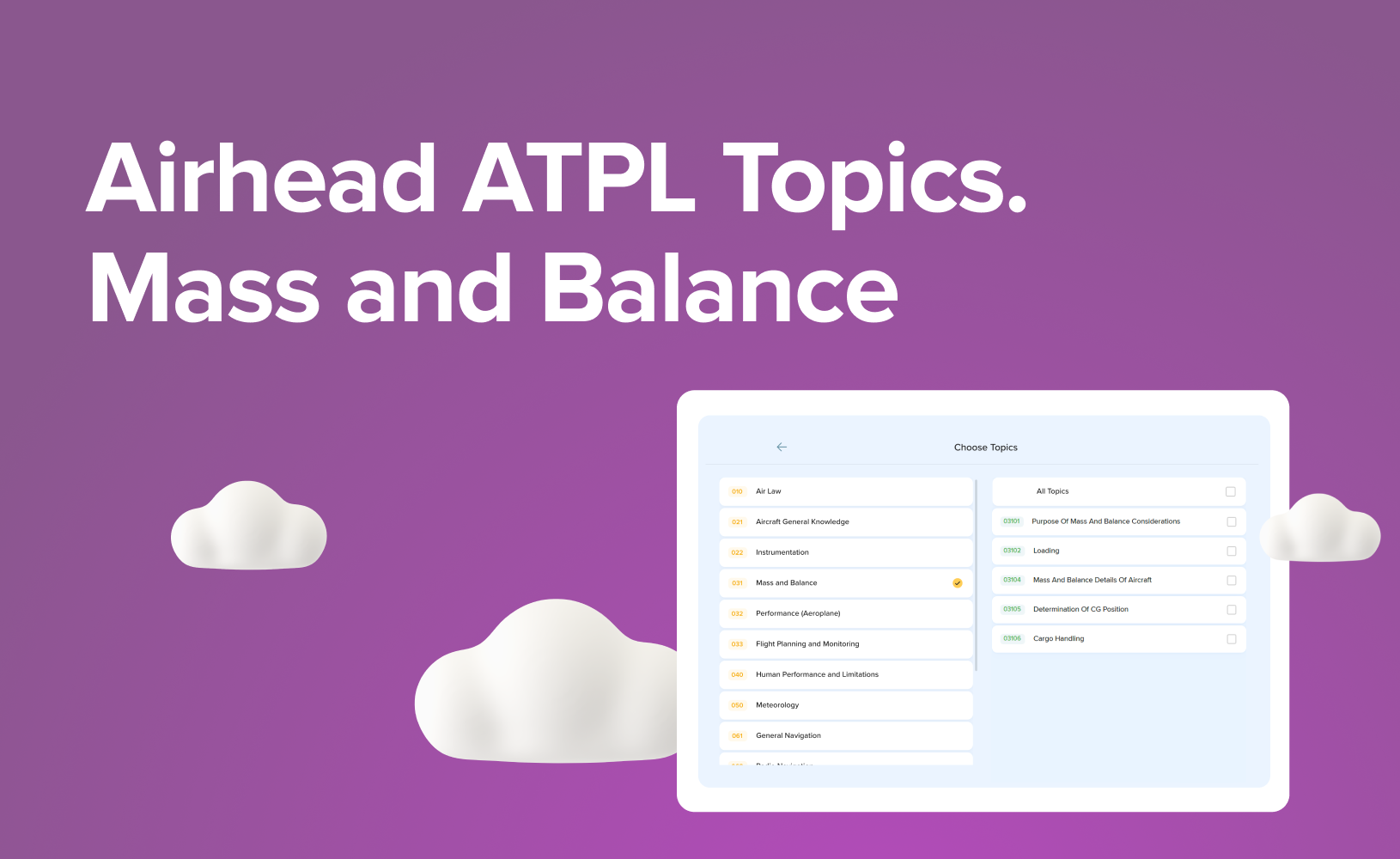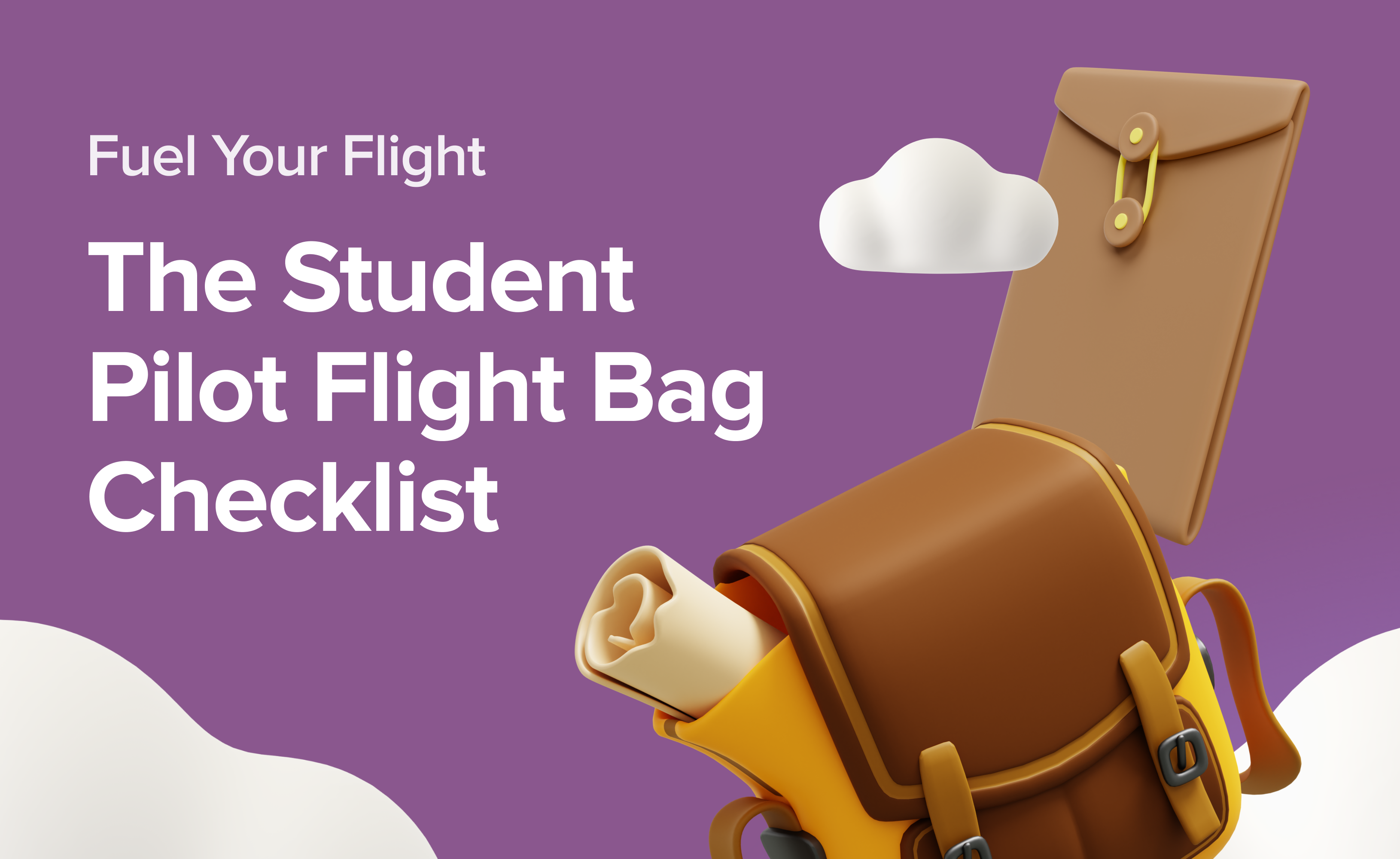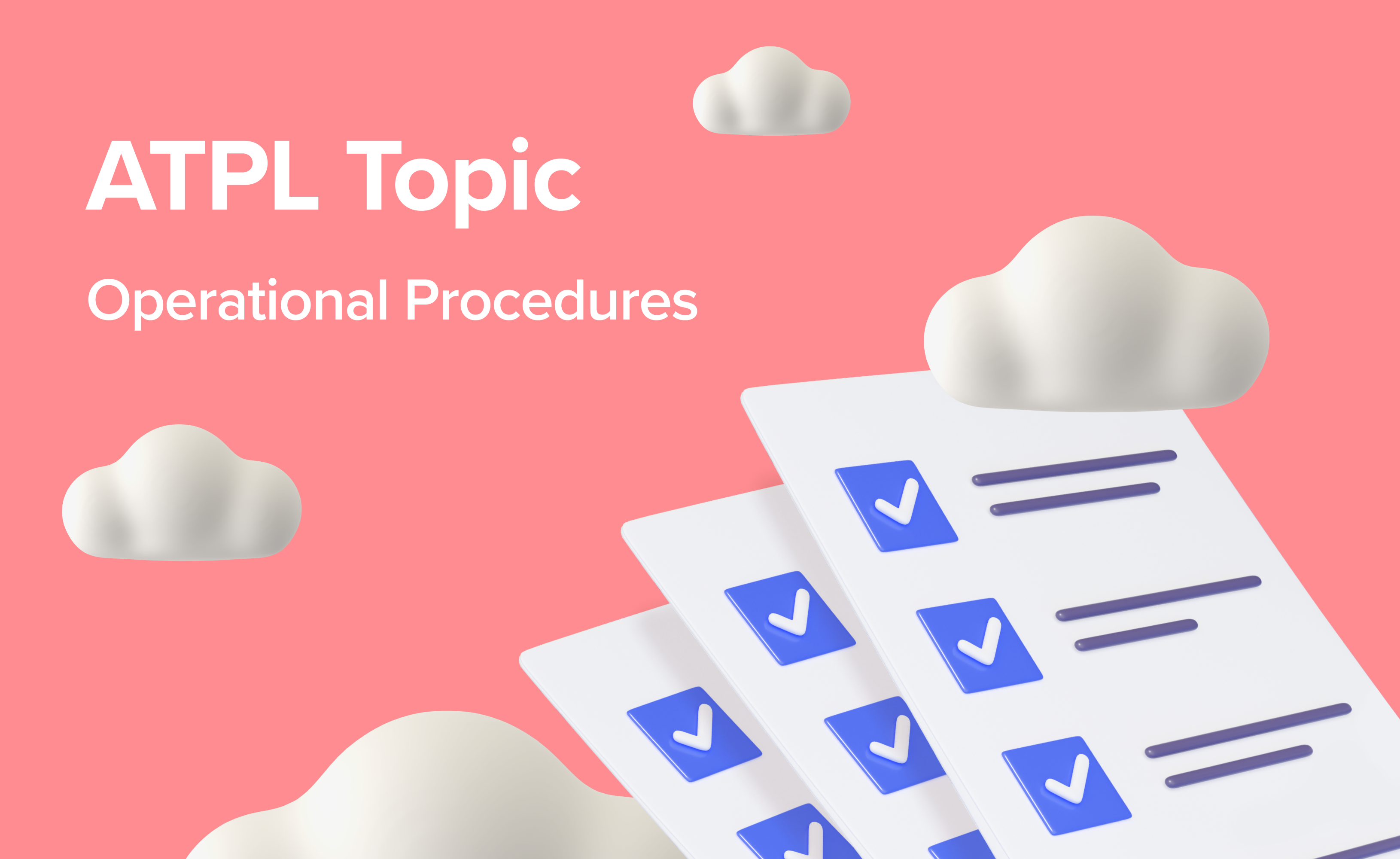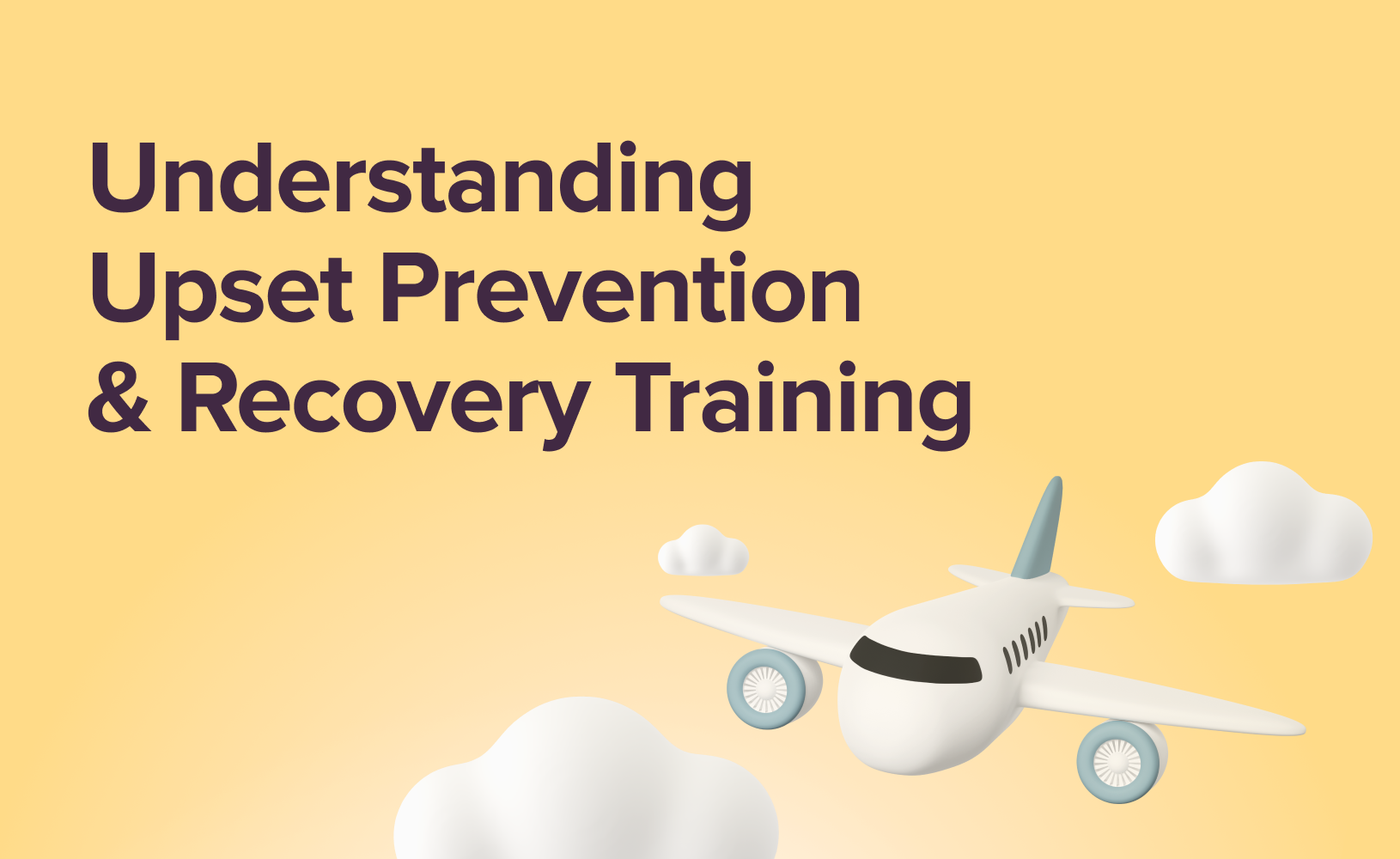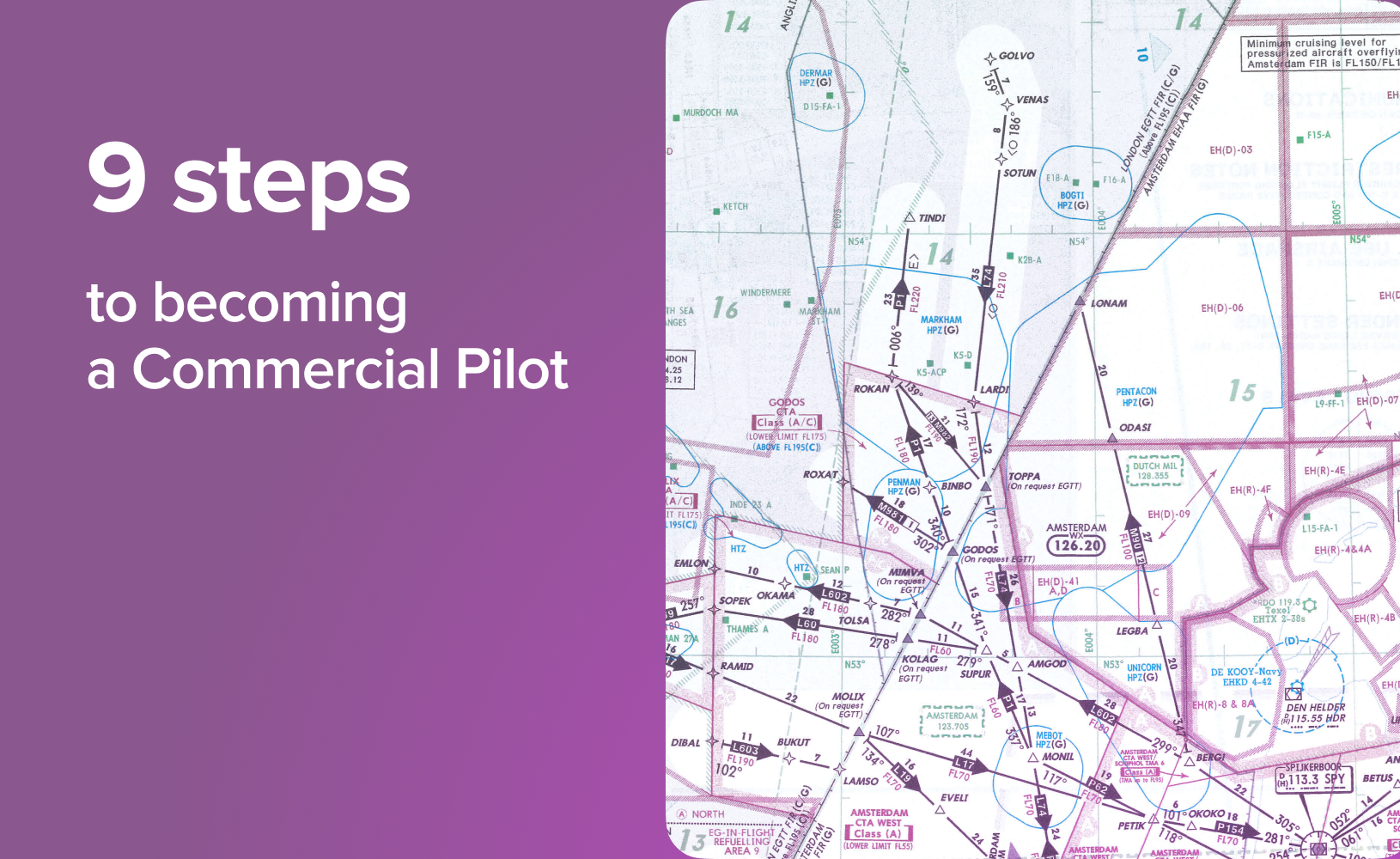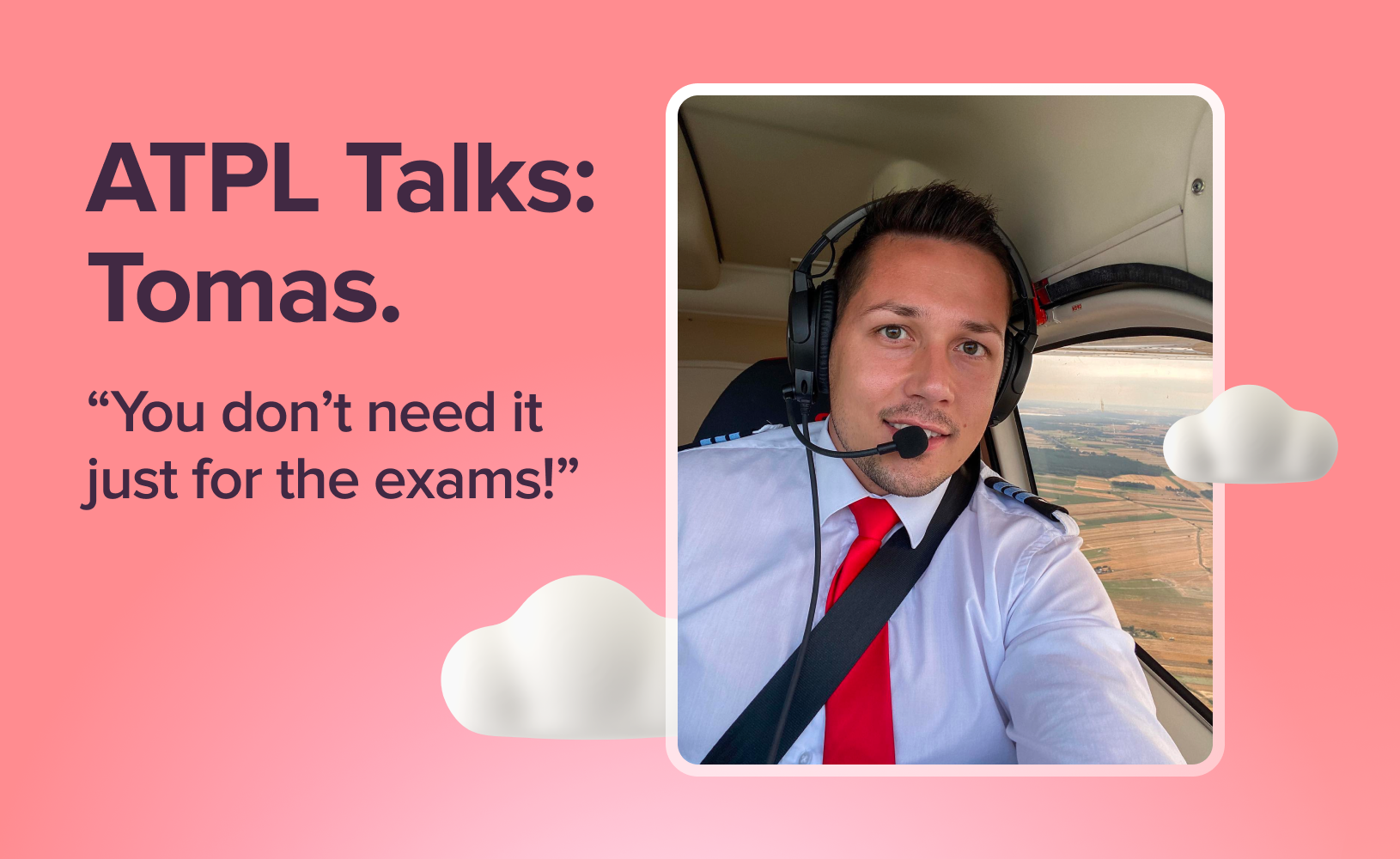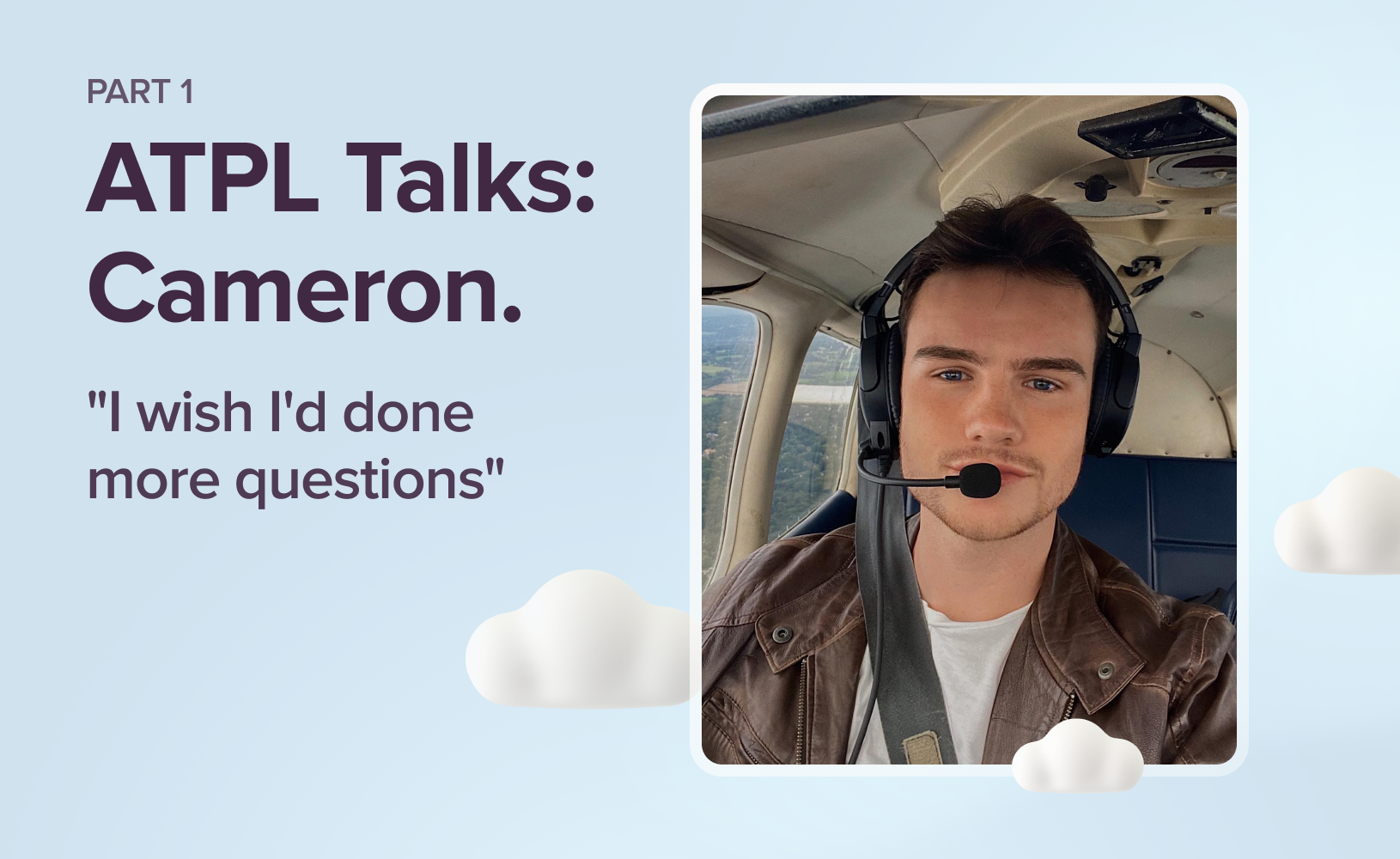Fuelling Curiosity: Lifelong Learning as a Pilot
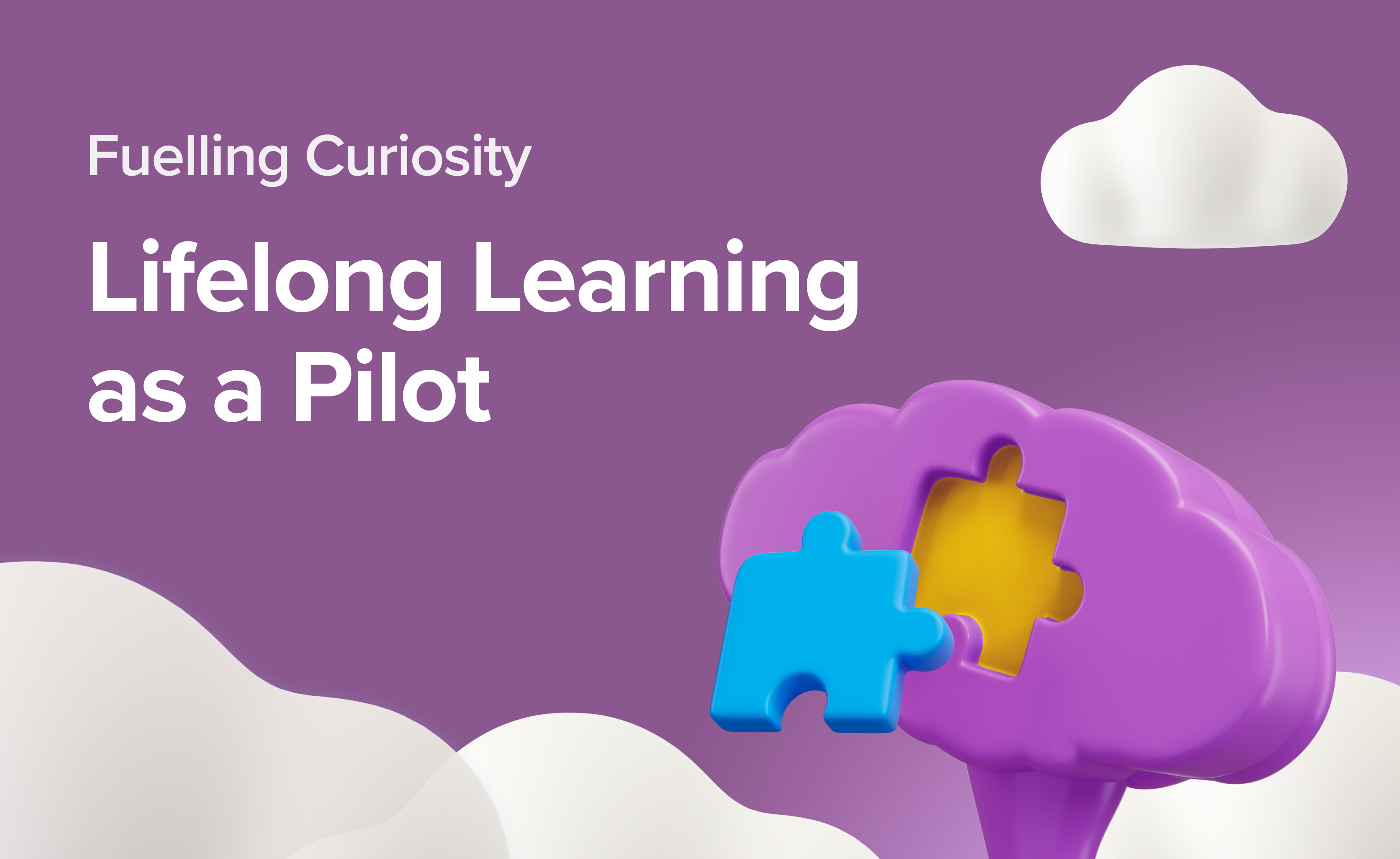
In aviation, lifelong learning is the foundation of safety and success. The technical nature of the field means that outdated knowledge or over-reliance on memory can lead to poor decisions or unsafe actions. Curiosity is one of the core ingredients for excelling in any field. For pilots, it’s especially important, as we are constantly required to stay up-to-date with our aircraft, weather conditions, and ever-evolving procedures and manuals.
So how can we maintain that sense of wonder and enjoyment, while keeping ourselves sharp and engaged in the process? How can we stay curious and nurture our passion for aviation most productively?
Let’s explore practical insights, examples, and tips to help you stay curious and seek new knowledge, whether it’s through certifications, new technology, or simply maintaining a curious mindset.
Never Stop Learning
As a student pilot, you’ve already experienced the vast amount of knowledge required just to get started. From mastering air law to understanding meteorology and flight navigation, it’s clear that aviation demands far more than just hands-on flying skills. What you’re building right now is a strong foundation, but it’s crucial to recognise that this foundation must be continually reinforced and expanded. That’s where the concept of continuous education comes in.
Lifelong learning is the ongoing pursuit of knowledge, skills, and personal development throughout your career. In aviation, it’s not just a choice — it’s a necessity. The industry evolves rapidly, with new technologies, regulations, and procedures emerging all the time. Lifelong learning ensures that you’re prepared for any challenges that come your way, both in the cockpit and beyond.
However, lifelong learning isn’t only about technical knowledge. It also includes developing soft skills like communication, teamwork, decision-making, and adaptability. These are just as critical when managing real-world flying challenges — whether it’s navigating unexpected weather or collaborating with a diverse crew. Many of today’s most successful pilots attribute their achievements not only to technical expertise but also to their ability to work well with others and stay mentally agile.
Discover how essential soft skills are for success in aviation. Read our latest blog post, Soft Skills: The Foundation of Aviation Excellence, to learn more.
Benefits of Lifelong Learning in Aviation
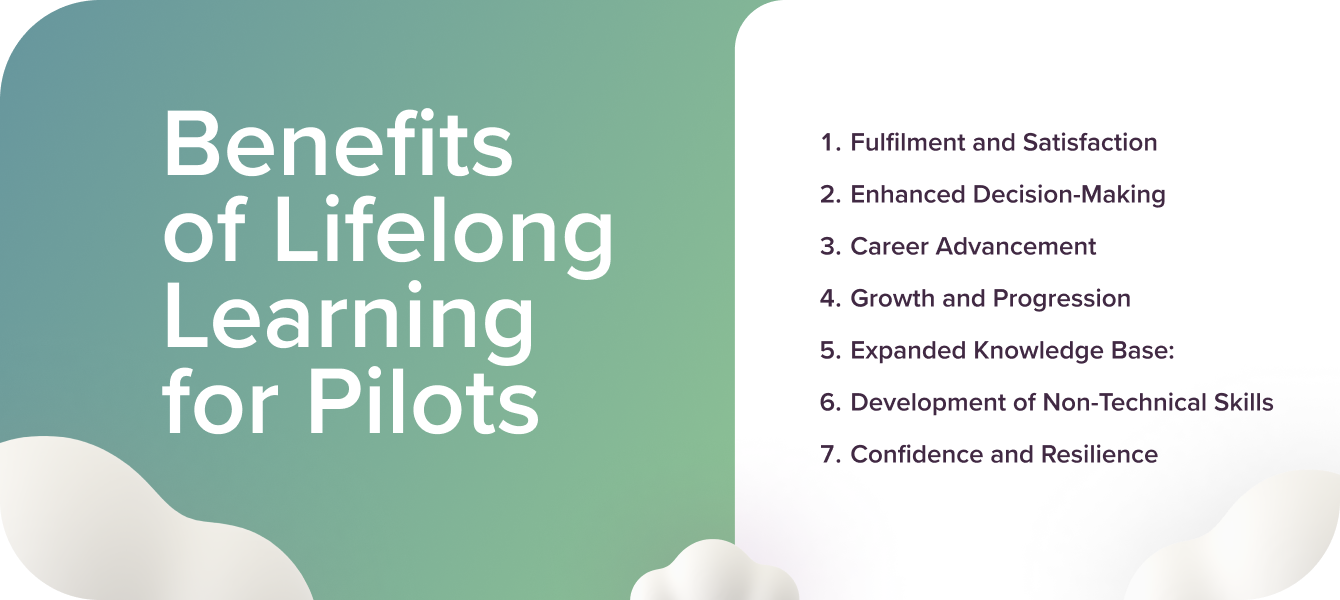
Pilot training and continuous growth in knowledge are essential for maintaining safety standards in aviation. Lifelong learning helps people stay current with evolving regulations and emerging technologies, such as advanced avionics and GPS systems, ensuring they remain compliant and proficient. Through lifelong learning entitlement and ongoing education, pilots enhance their decision-making and piloting skills, particularly through recurrent training and flight simulation sessions, which provide realistic practice for emergency procedures and complex flight scenarios.
Continuous learning also fosters the development of non-technical skills like communication, teamwork, and situational awareness, crucial for effective cockpit management. Additionally, extensive controlled study helps pilots broaden their expertise in aviation concepts, allowing them to pursue new certifications and ratings, which in turn open doors to career growth opportunities.
By embracing lifelong learning intervention, people can maintain proficiency and adapt to changing industry trends, including the rise of unmanned aerial vehicles and urban air mobility. Ultimately, lifelong learning is a lifelong commitment for pilots, empowering them to stay at the forefront of an ever-evolving industry while ensuring safety and excellence.
Set Learning Goals

One of the best ways to foster lifelong learning is by setting clear, achievable learning goals. This could be as simple as mastering a new type of landing or as ambitious as becoming an instructor. Setting goals helps you focus your learning efforts and gives you something to work towards. For student pilots, these goals could involve passing specific exams, such as the Airline Transport Pilot Licence (ATPL) or earning new certifications like Instrument Rating (IR) or Multi-Engine Piston (MEP).
Seasoned pilots should also set learning goals to keep up with emerging trends in aviation technology or deepen their knowledge of specific aircraft systems. For example, some experienced private pilots are focusing on learning about autonomous flight systems as unmanned aerial vehicles (UAVs) are becoming more integrated into commercial aviation.
But where do you start? These steps can be applied to any goal.
Review Your Skills: Identify your strengths and weaknesses. Focus on areas where you have gaps or want to improve.
Identify Your Interests: Find what excites you most about being a pilot, whether it’s navigation, meteorology, or human factors.
Set Specific Objectives: Use the SMART framework (Specific, Measurable, Achievable, Relevant, Time-bound) to define clear goals. For example, learn how high-pressure areas affect weather systems and set a deadline to master the topic.
Create an Action Plan: Decide how and where to find the information you need, and set aside time for learning, and enrolling in short courses or training programs.
Ask for Help: Involve other pilots in your learning. Their experience could be valuable to your progress.
Track Your Progress: Use apps or a notebook to monitor your achievements over time.
Best Practice: Create a learning journal or use digital tools like Trello or Notion to track your progress. Break down large goals into smaller steps so you can see your advancement over time. Not only will this keep you motivated, but it will also help you stay organised.
Ever wondered about the journey from pilot to instructor? Explore the roles of IRI, IRE, TRI, and TRE in our latest blog post, From Poacher to Gamekeeper.
Find Joy in Discovery

Learning doesn’t have to be a grind. In fact, it’s important to find joy in discovering new things. Think back to the first time you piloted an aircraft or completed a manoeuvre you thought was impossible. That sense of accomplishment and excitement can be applied to every new learning opportunity.
For example, when studying complex topics like weather patterns or engine systems, don’t view it as just another task to check off. Approach it with curiosity. What can you uncover that you didn’t know before? When you discover something new, it not only adds to your competence but also gives you more confidence in the air.
Many top pilots today have embraced the mindset of lifelong learning, not merely aiming to pass exams or check rides, but actively seeking knowledge that enhances their skills. Those who find joy in the learning process often excel in both performance and career prospects, continually improving their craft. By engaging in a lifelong learning service, these pilots build a foundation for long-term success and growth in their aviation careers.
Struggling with the ATPL exam? Learn from the experiences of real students and discover proven strategies for success. Read our blog post ATPL Exam Success Formula: Proven Strategies from Real Students.
Knowledge = Competence
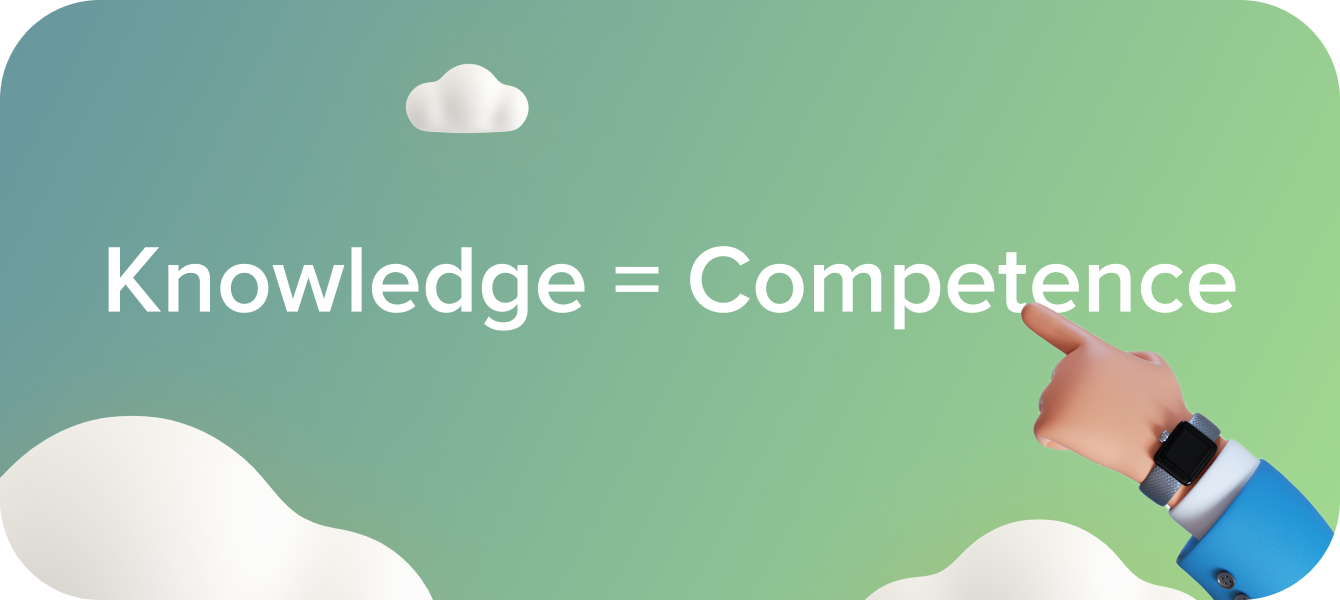
In aviation, knowledge directly translates to competence. A strong foundation of technical skills, combined with current knowledge, ensures that you can handle both routine and unexpected situations with confidence. Consider how modern aircraft systems, such as Fly-by-Wire technology and autopilot, are advancing every year. A pilot who isn’t staying informed about these innovations could be at a disadvantage.
When you constantly expand your knowledge, you position yourself to make better decisions, especially under pressure. Whether it’s a sudden weather change or a technical malfunction, the more informed you are, the more options you have when deciding how to handle it.
But it’s not just technical knowledge that makes a great pilot. Skills like conflict resolution, fostering crew synergy, and strong social abilities all contribute to your overall competence in the cockpit.
Best Practice: To develop these, attend aviation conferences and seminars, and regularly read journals and articles. These resources offer fresh perspectives and valuable lessons from the experiences and mistakes of other pilots.
Safe flying starts with understanding common mistakes. Read our blog, Safe Flying: 11 Mistakes to Steer Clear Of, for valuable insights.
Find Mentors and Collaborate
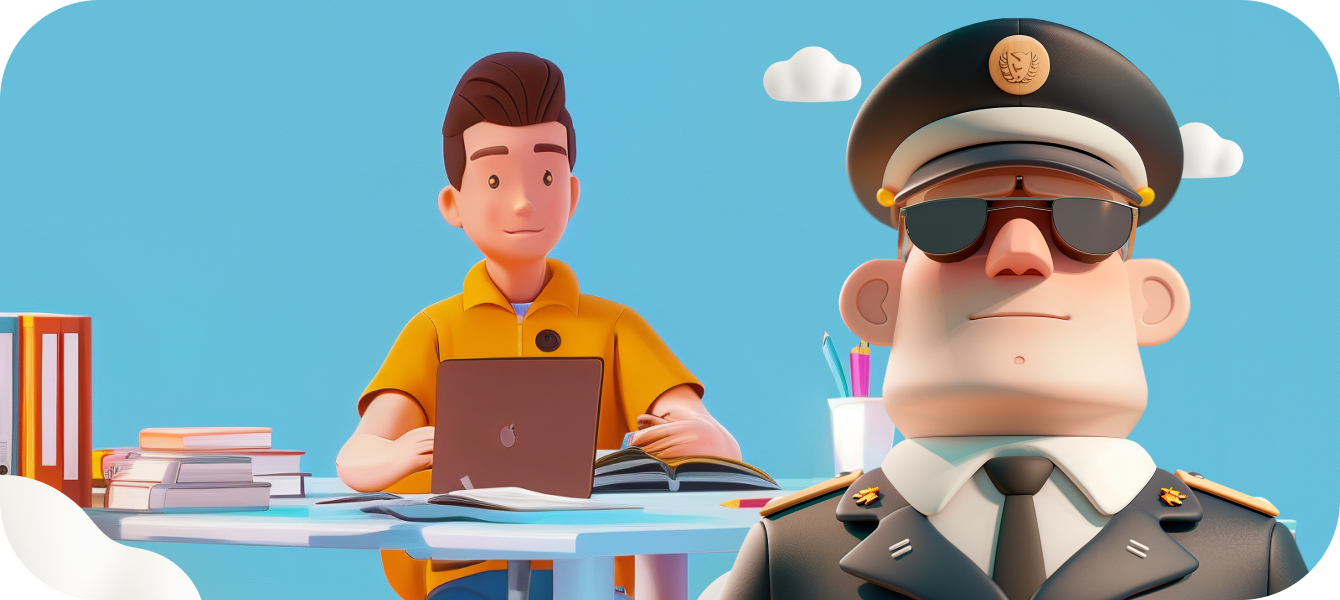
No pilot becomes great alone. Mentorship is a powerful tool in any learning journey, and it’s especially valuable in aviation. Whether it’s your flight instructor, an experienced captain, or an online community of pilots, having someone to guide and share knowledge with you can make all the difference.
In addition to mentorship, collaborating with other pilots is key. Join forums like PPRuNe (Professional Pilots Rumour Network), attend aviation events, or participate in simulator training sessions with fellow students or colleagues. Sharing experiences and learning together can make the process much more enjoyable.
Best Practice: Surrounding yourself with passionate people is half the battle when it comes to staying motivated and engaged. Push your peers and let them push you. If you don’t know the answer to something, even better! It’s an opportunity to learn from different perspectives that you might not have considered on your own. Engaging with other pilots in this way will keep your curiosity alive and open your mind to new ways of thinking.
Embrace Change and Technology
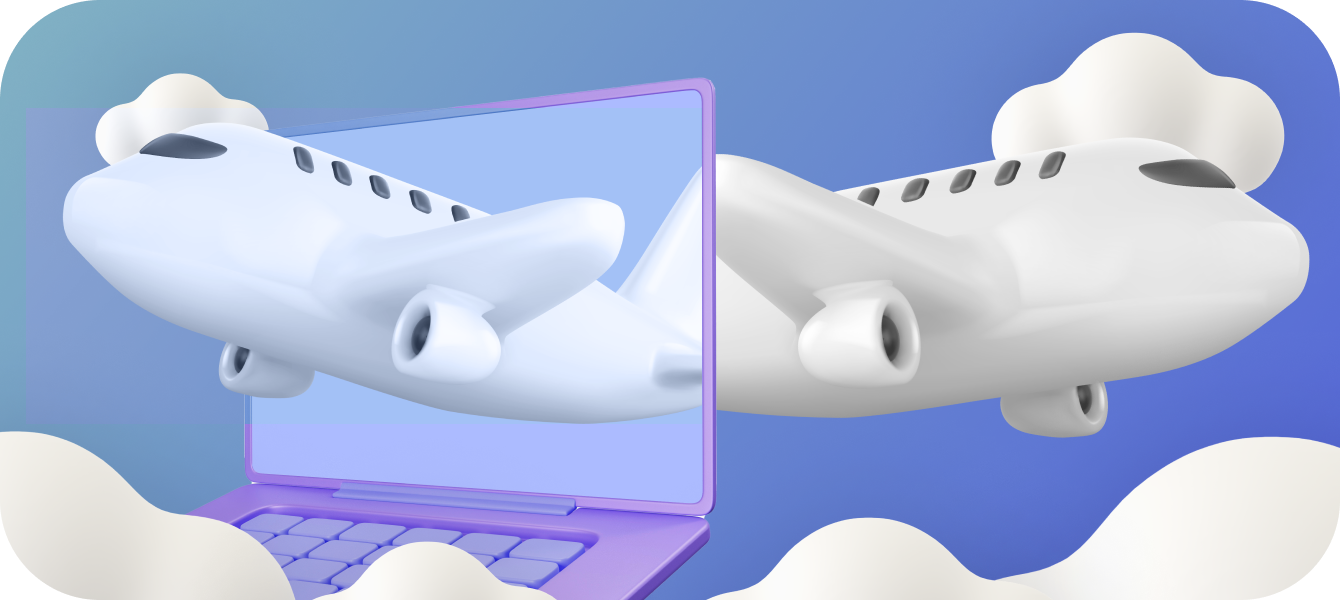
The aviation industry is evolving rapidly, with advancements in Artificial Intelligence (AI), big data, and autonomous aircraft systems shaping the future of flight. Staying ahead of these changes means embracing new technology and learning how it can improve safety and efficiency.
For example, Electronic Flight Bags (EFBs) are replacing traditional paper-based flight manuals and charts. These tools allow for real-time updates and easier access to important flight information. Pilots who embrace these technologies will find that they reduce workload and improve overall performance in the cockpit.
Best Practice: Sign up for webinars or online short courses to stay updated on the latest technological trends. Websites like Coursera and Udemy offer classes on aviation technology and data analytics, which are becoming increasingly relevant for modern pilots.
Interested in the cutting-edge technology transforming pilot training? Dive into our blog post for a comprehensive overview.
Foster a Growth Mindset

Your mindset is one of the biggest factors influencing your curiosity and passion as a pilot. The good news? It’s not something you're born with — you can choose to adopt a growth-oriented mindset right now. Deciding to push your skills to the next level, rather than just getting by, is a key part of becoming a successful pilot.
Actively investing in a growth mindset means seeing challenges as opportunities and viewing mistakes as steps toward learning. This mindset will help you become a better pilot over time and broaden your career prospects. Aviation is a dynamic, ever-changing field, and there’s always more to discover and improve.
Approach each flight with an open mind, focus on building your skills, and learn to adapt to new situations. By committing to growth, you’ll find it easier to stay motivated, even when things don’t go as planned. Finding out that your abilities are shaped by effort and dedication will fuel your enthusiasm and drive to continue learning and improving.
Best Practice: Don’t be afraid of mistakes—view them as opportunities to learn. Pilots who review their flights, even after smooth ones, tend to develop faster. Keep a flight log where you note lessons learned after each flight, whether everything went well or not. This habit will accelerate your growth and build your confidence over time.
Avoid common pilot mistakes and ensure safe flights. Read our blog for valuable insights
Read and Find Answers

The aviation industry is rich with resources to help you stay informed. Make it a habit to read industry journals like Flight International, subscribe to podcasts, or attend webinars to keep up with current discussions and trends. You should also be familiar with updates from EASA, CAA, and other regulatory bodies.
Make it a point to never stop asking questions. Whether you’re unsure about a regulation, want to learn more about a specific aircraft system, or are curious about emerging technologies, always seek answers. As pilots, continual learning and curiosity are your greatest assets.
Best Practice: Create a habit of dedicating 15 minutes a day to reading aviation-related content. Whether it’s a news article on industry trends or a new regulation update, this small daily habit will keep you informed without feeling overwhelmed.
Learning and Retraining
In aviation, learning is cyclical. You’ll constantly return to topics you thought you mastered, whether through recurrent training, check rides, or simply reviewing procedures. Retraining ensures your skills stay sharp and relevant and is critical to your long-term success.
Statistics show that pilots who regularly engage in retraining and certification updates are far more likely to avoid accidents and perform better in challenging conditions. Lifelong learning, in this sense, is not just a concept but a key element in maintaining safety and excellence.
Airhead Takeaway

Lifelong learning is the backbone of aviation. By staying curious, setting learning goals, embracing technology, and maintaining a growth mindset, you will not only improve your skills but also enhance safety in the skies. Whether you’re just starting your career or are a seasoned captain, remember that learning is the fuel for growth. Stay curious, stay engaged, and keep pushing the boundaries of what you know.
















